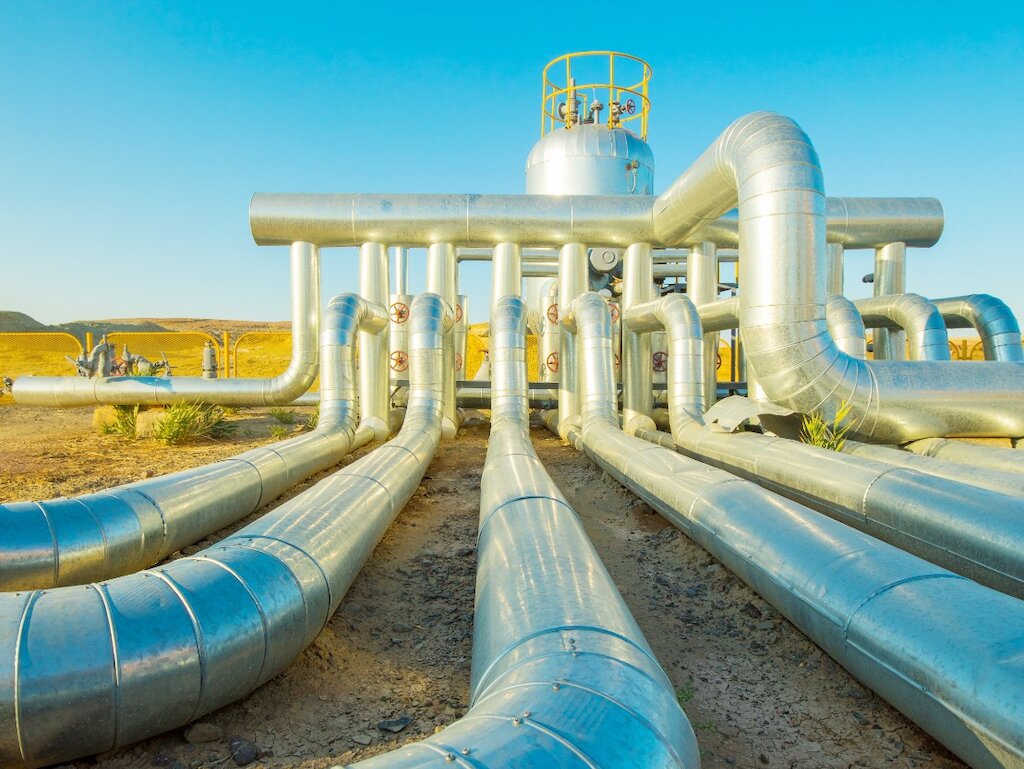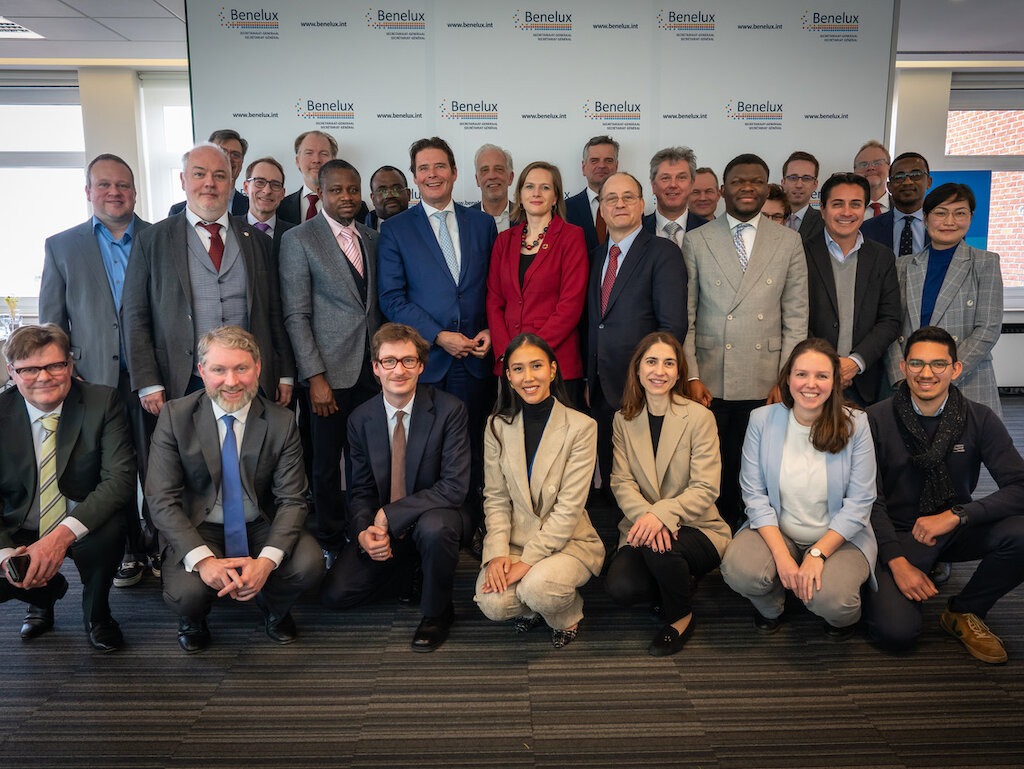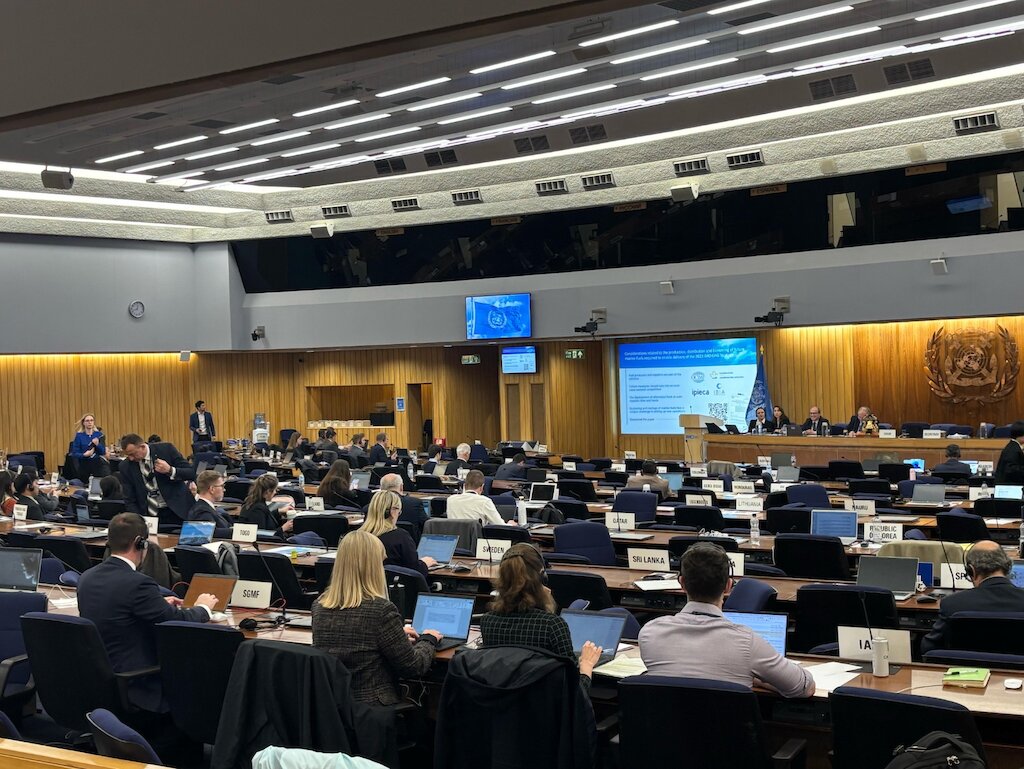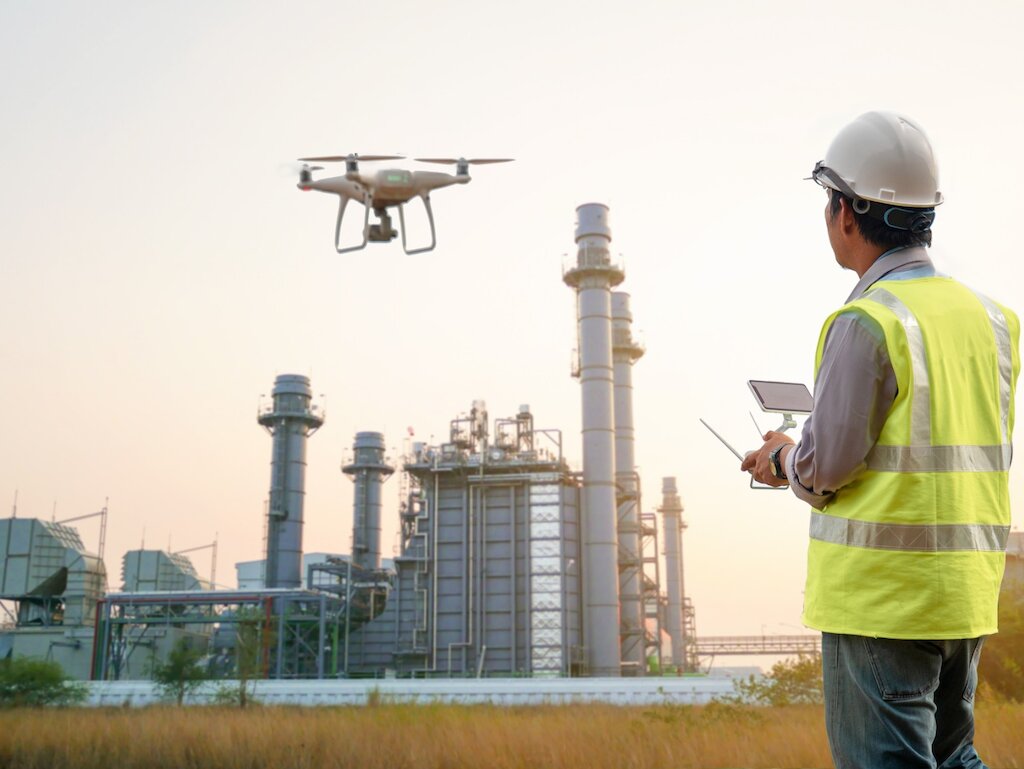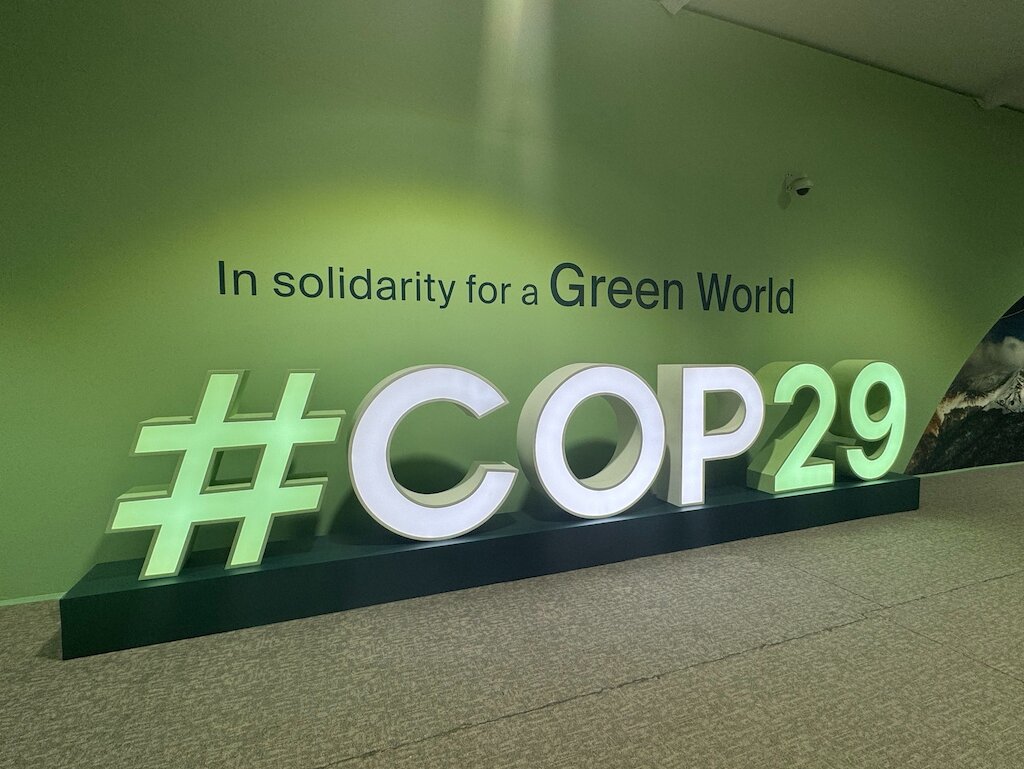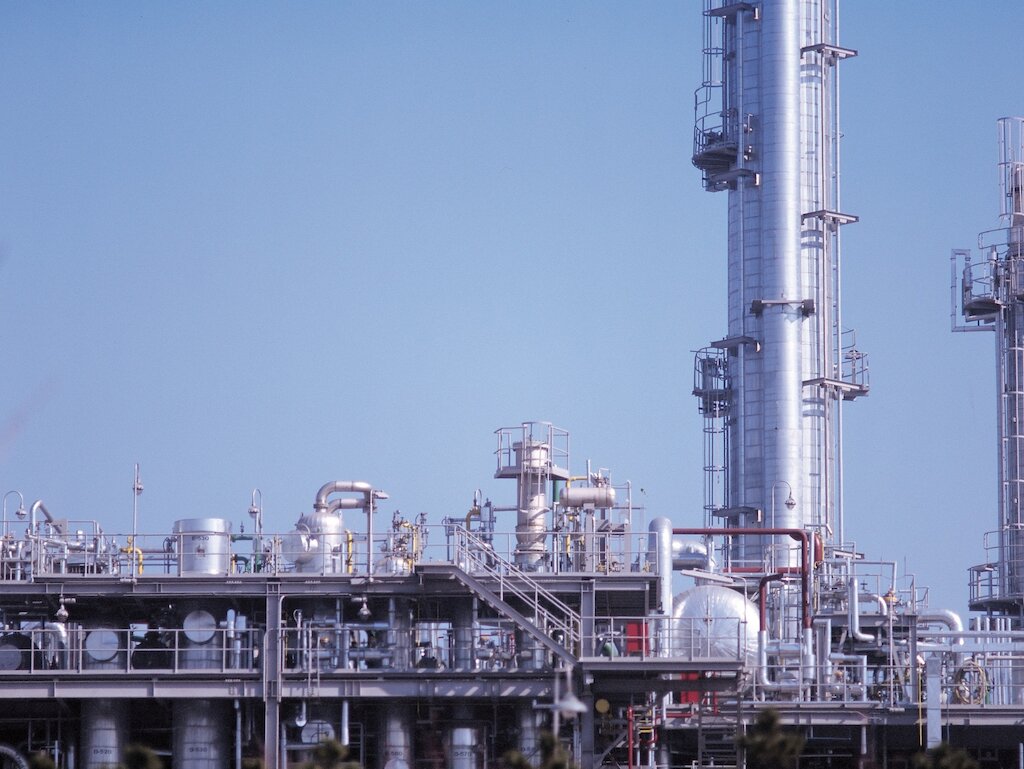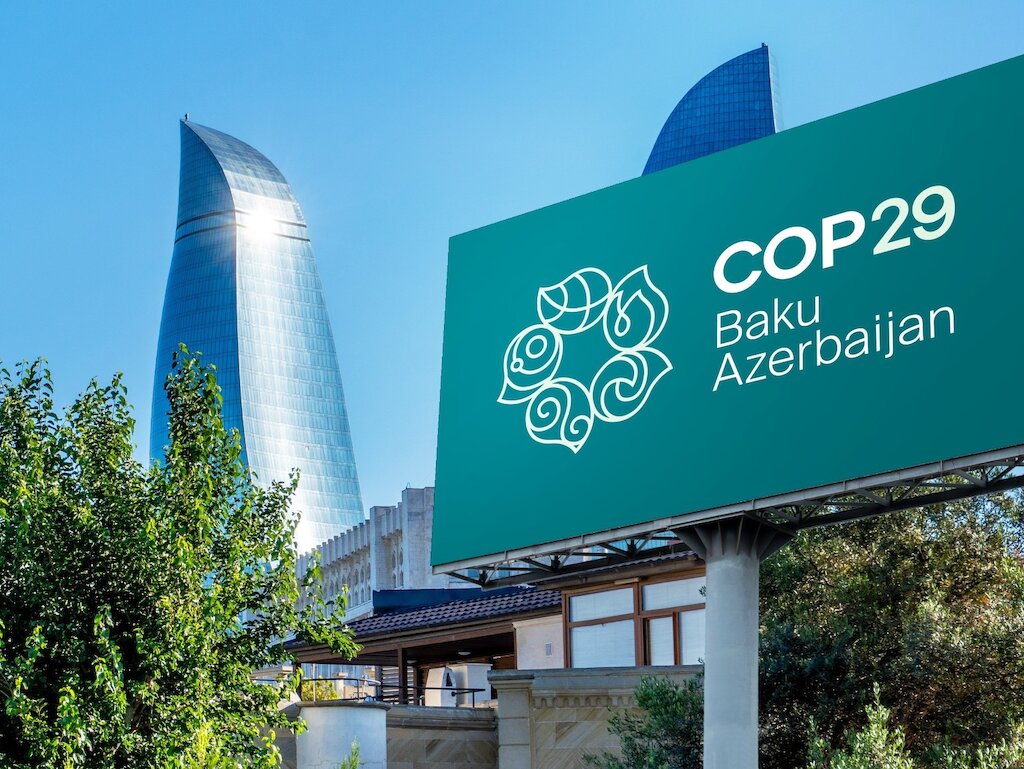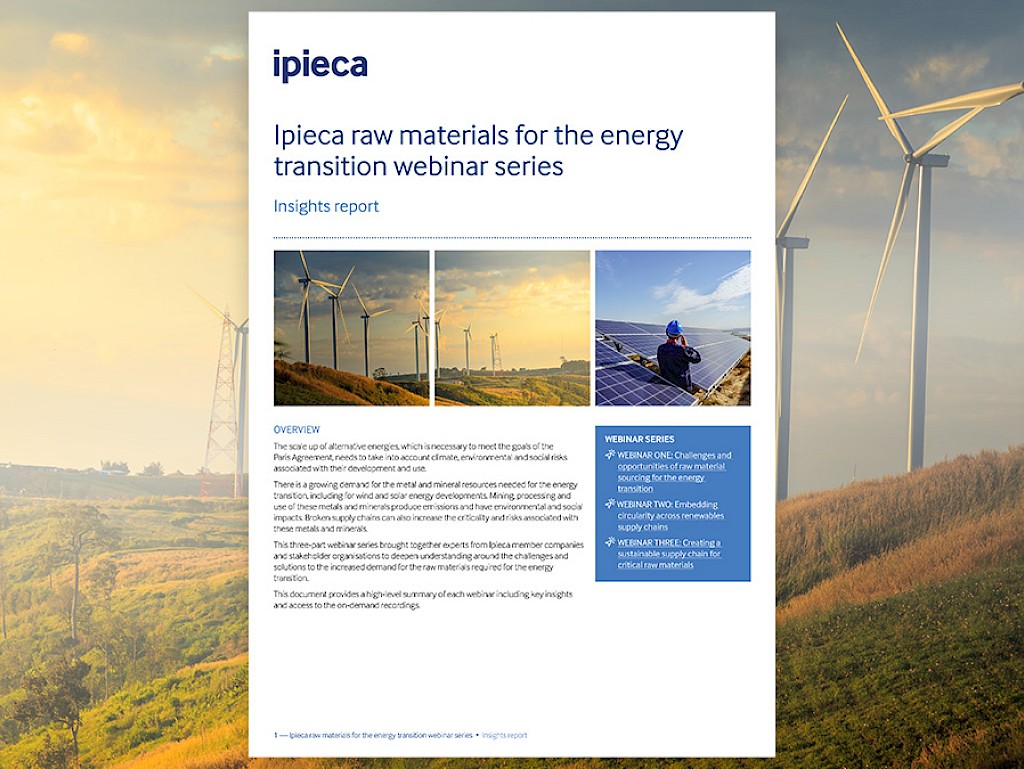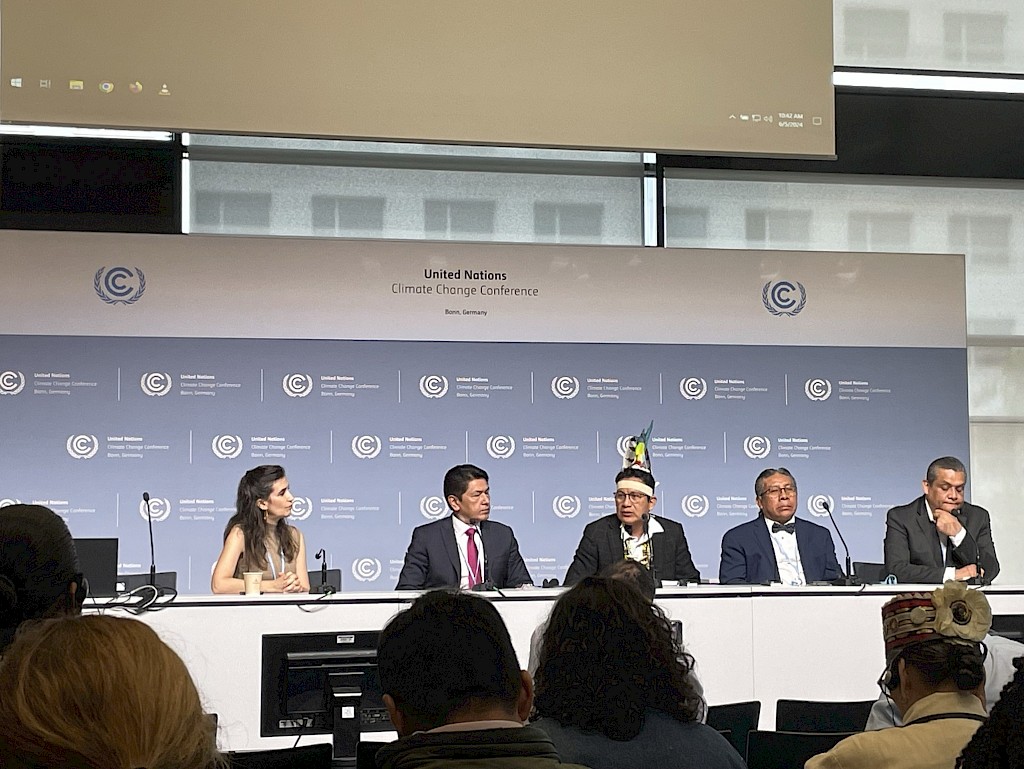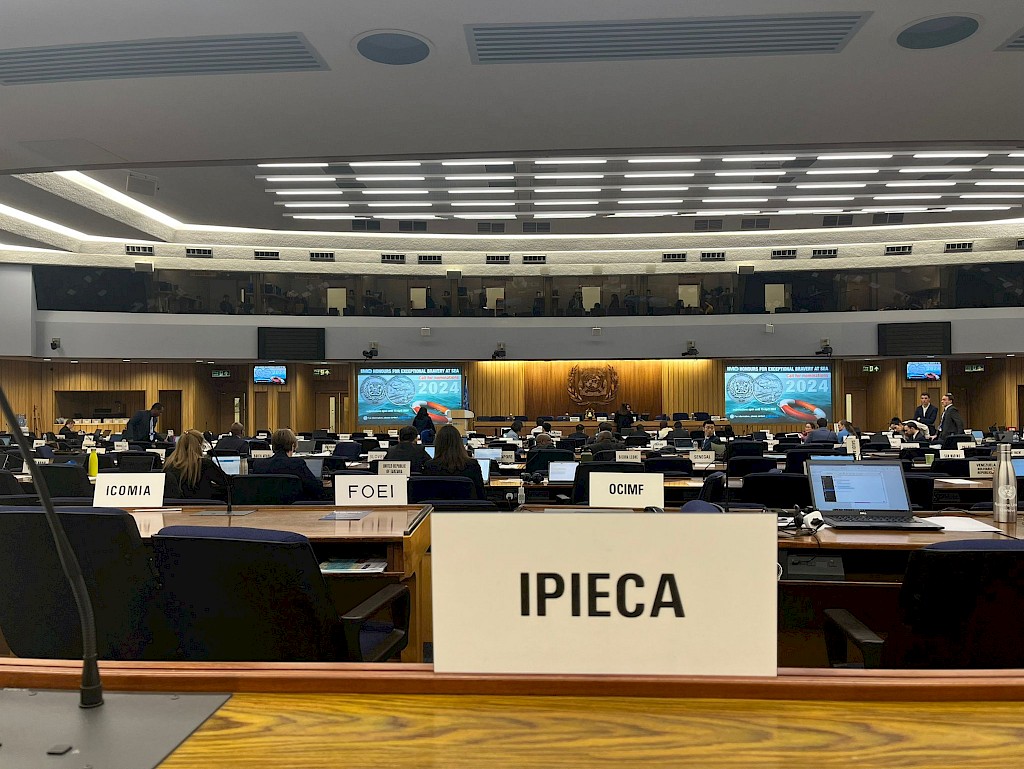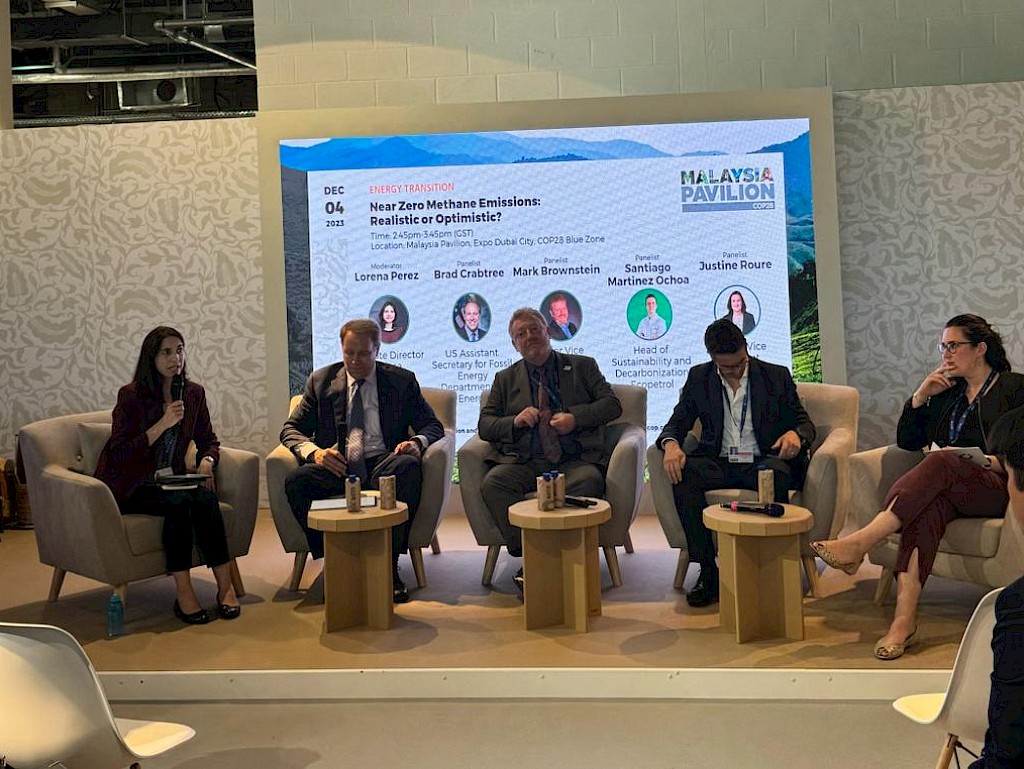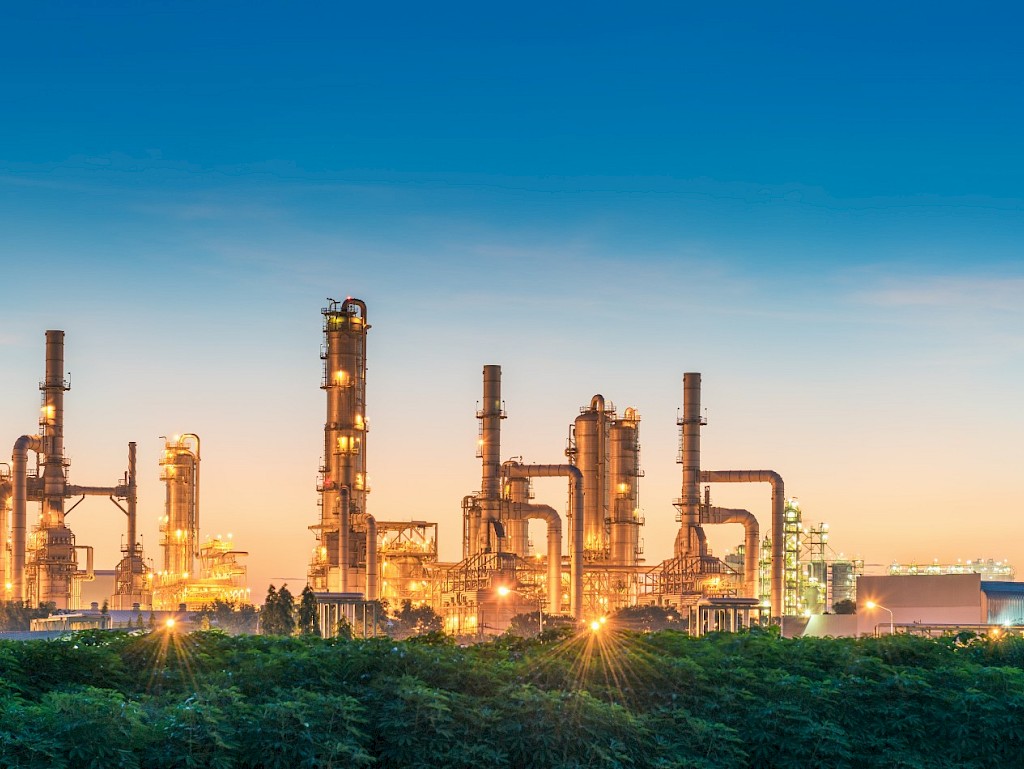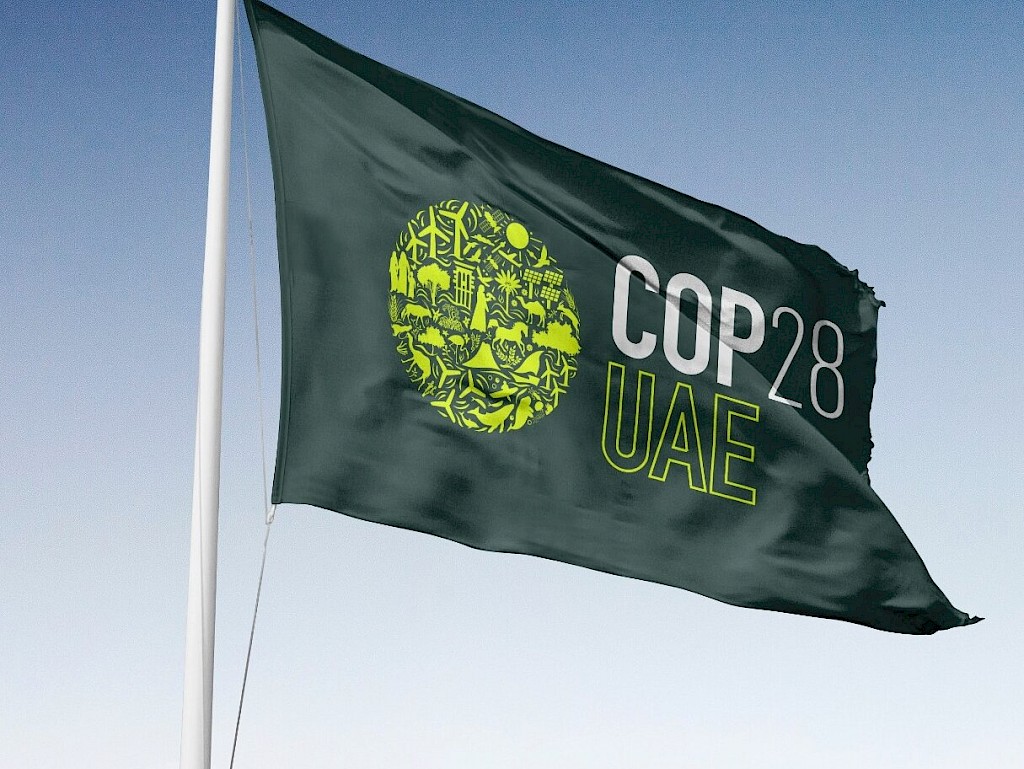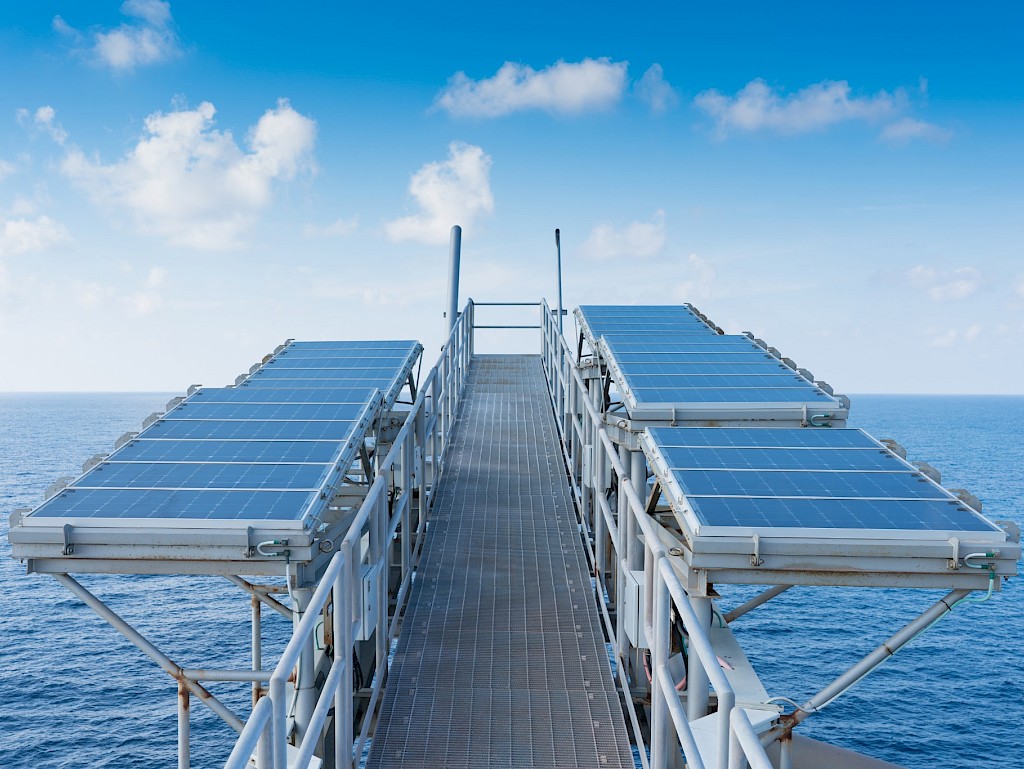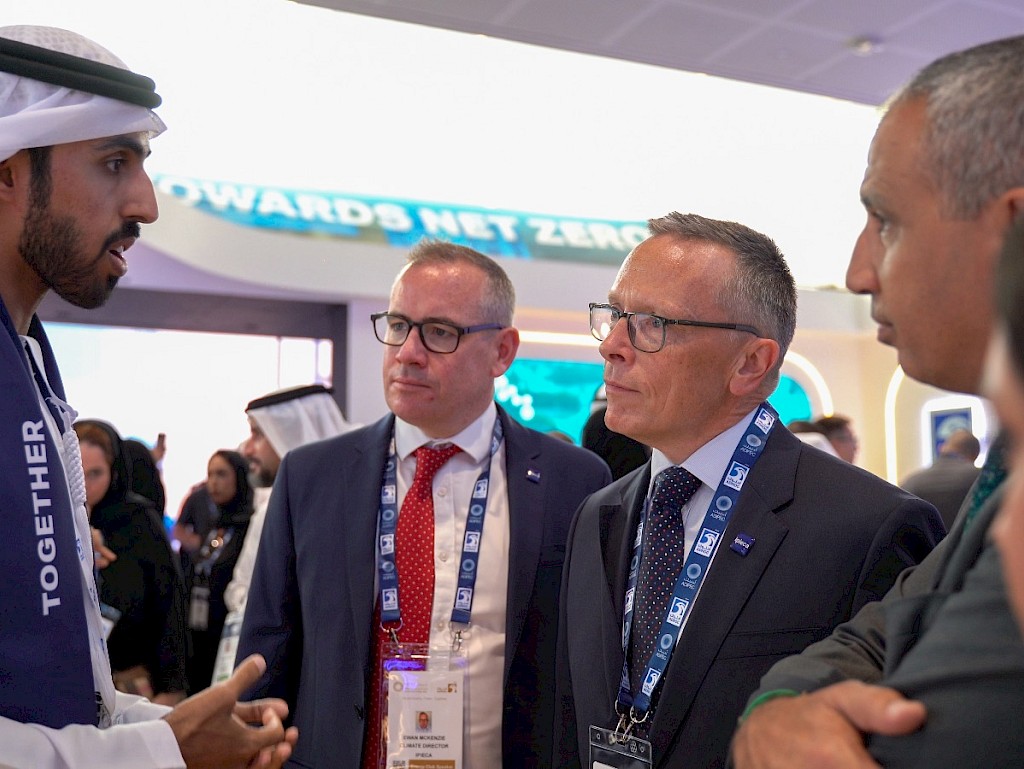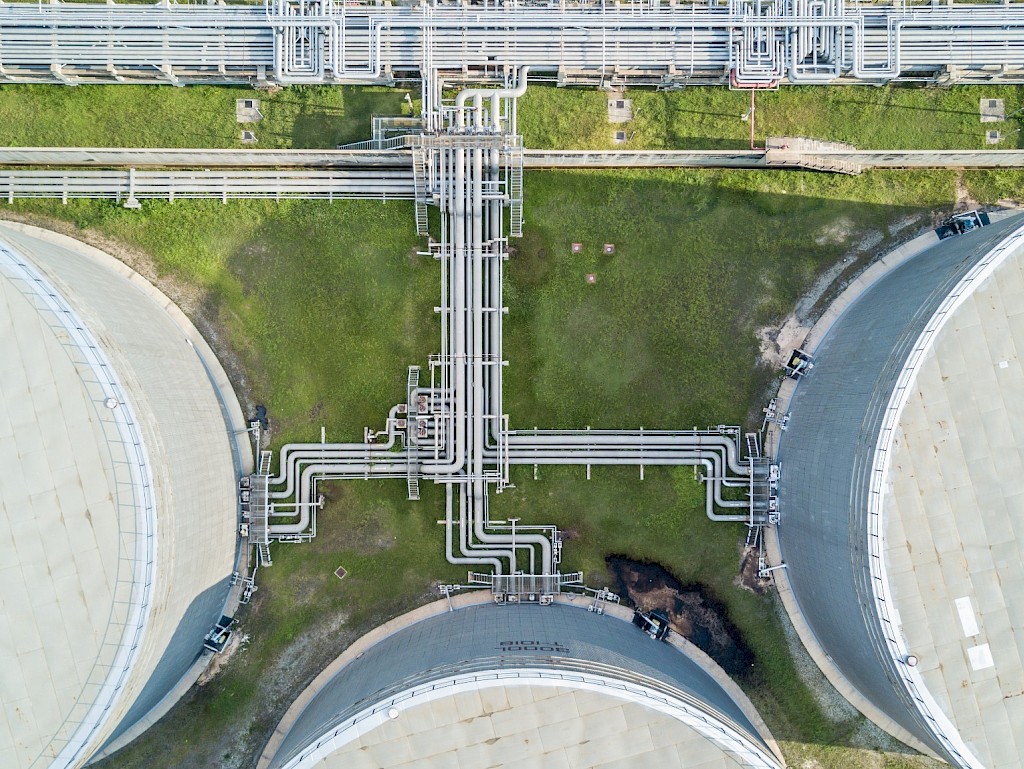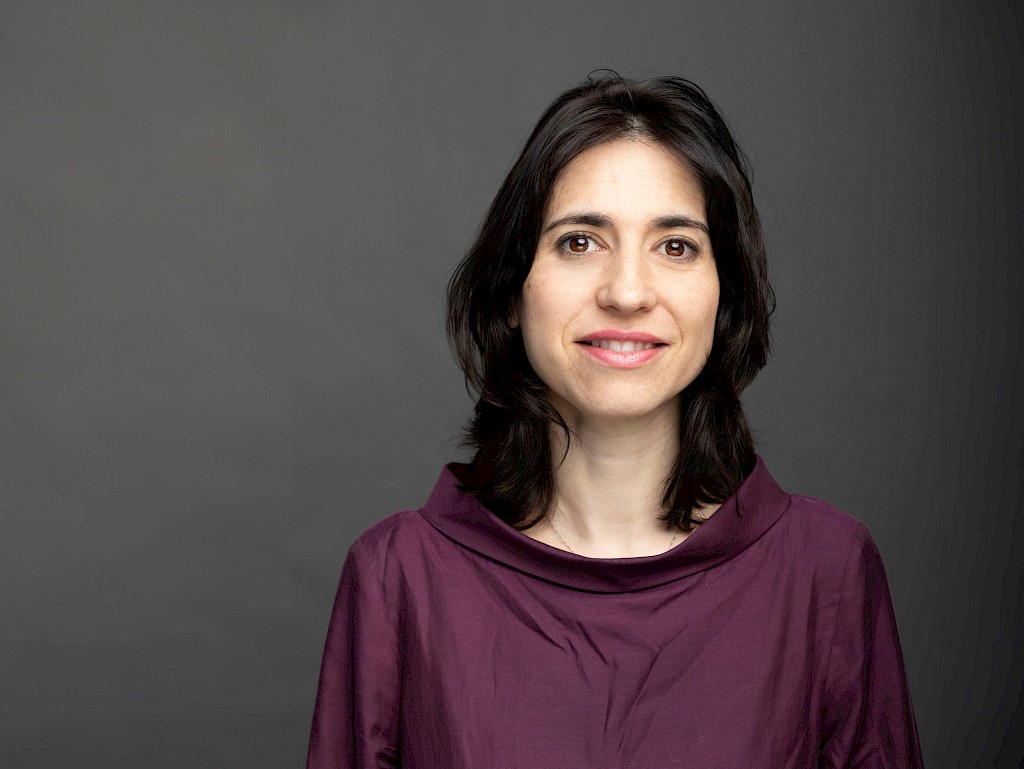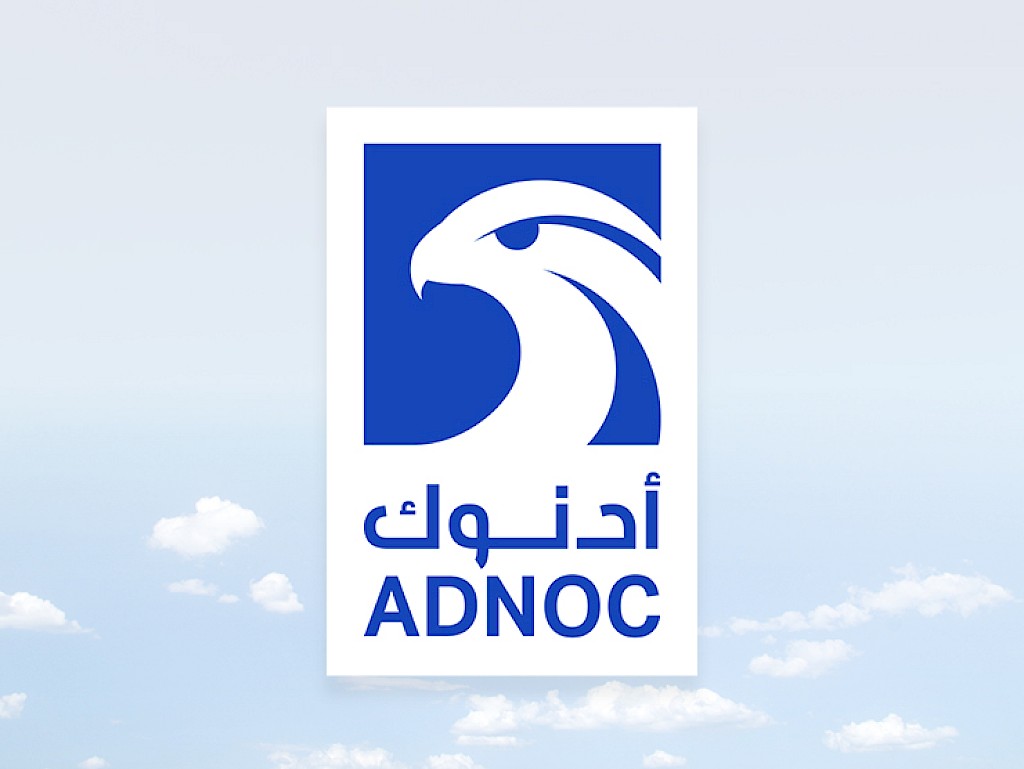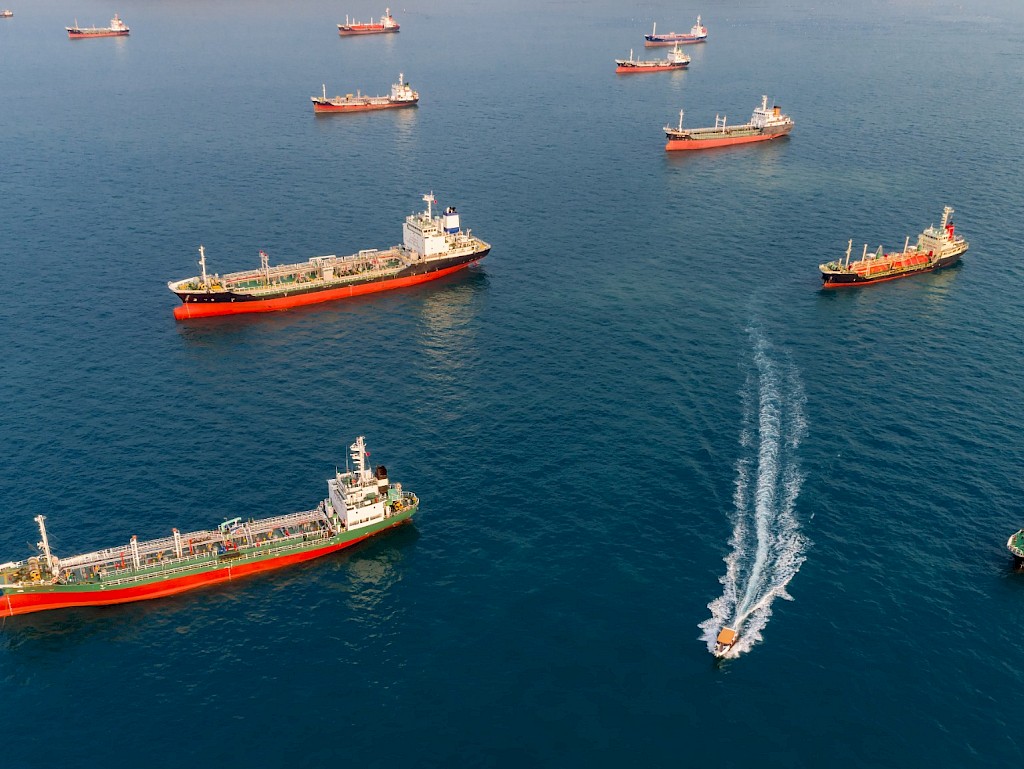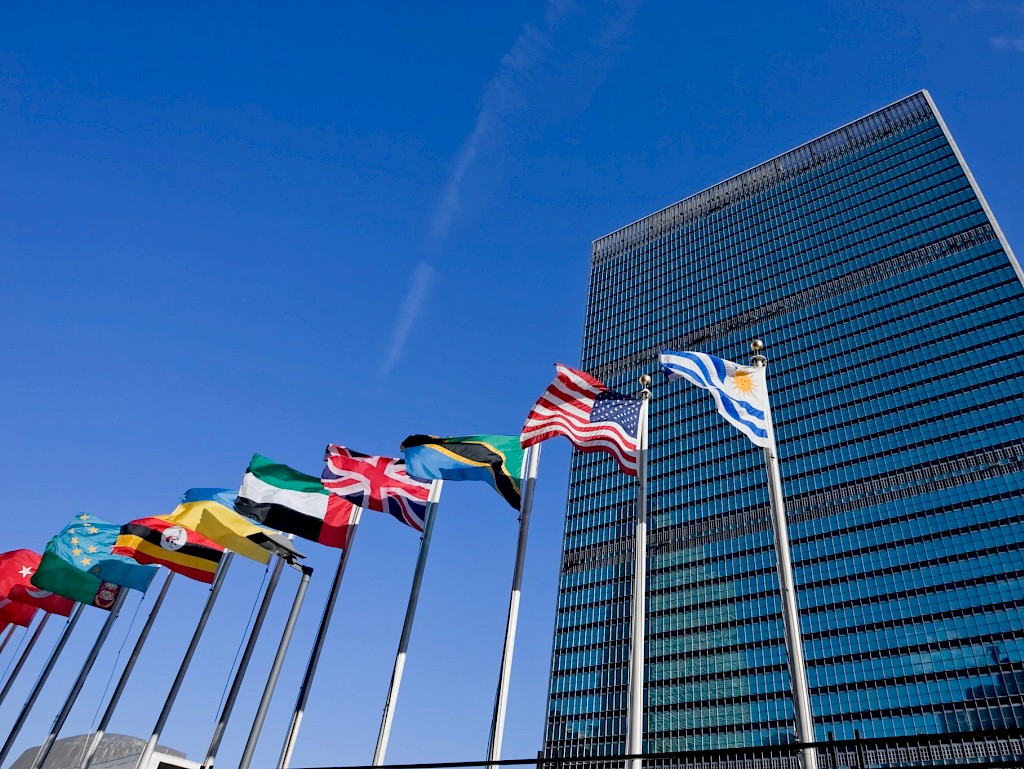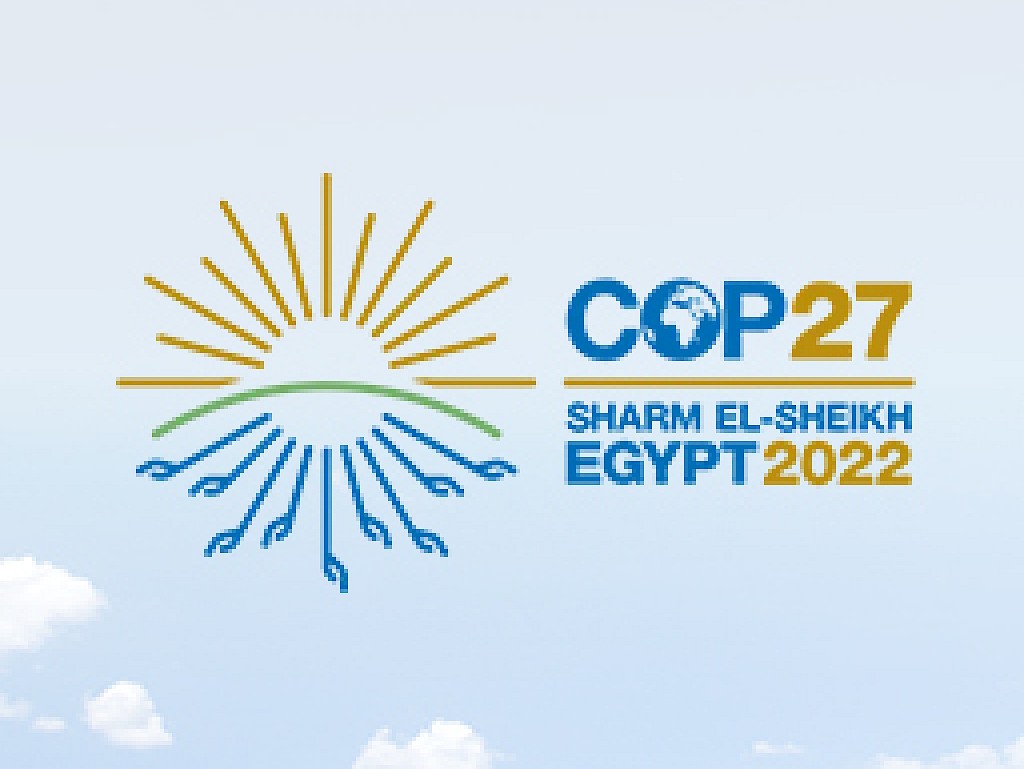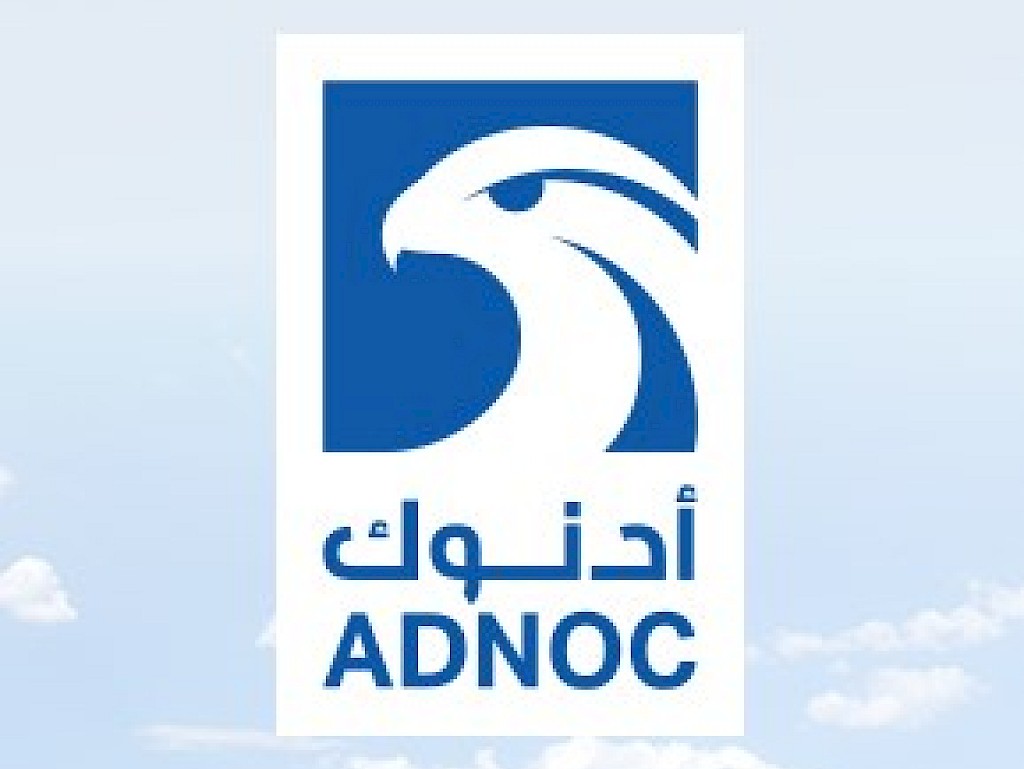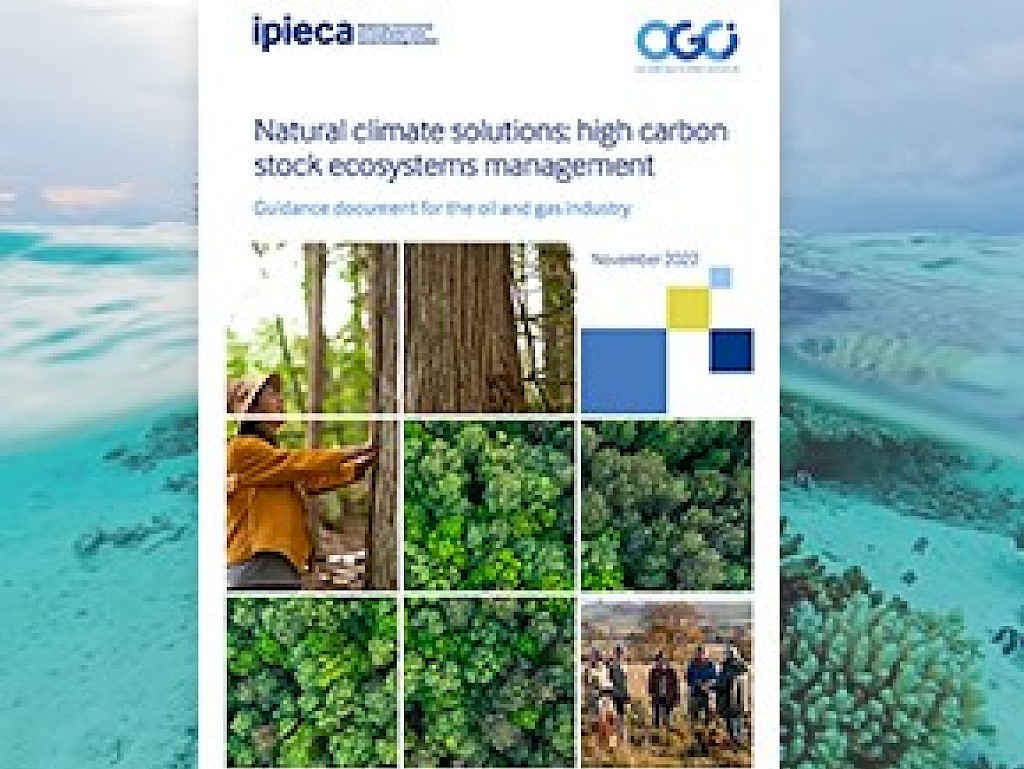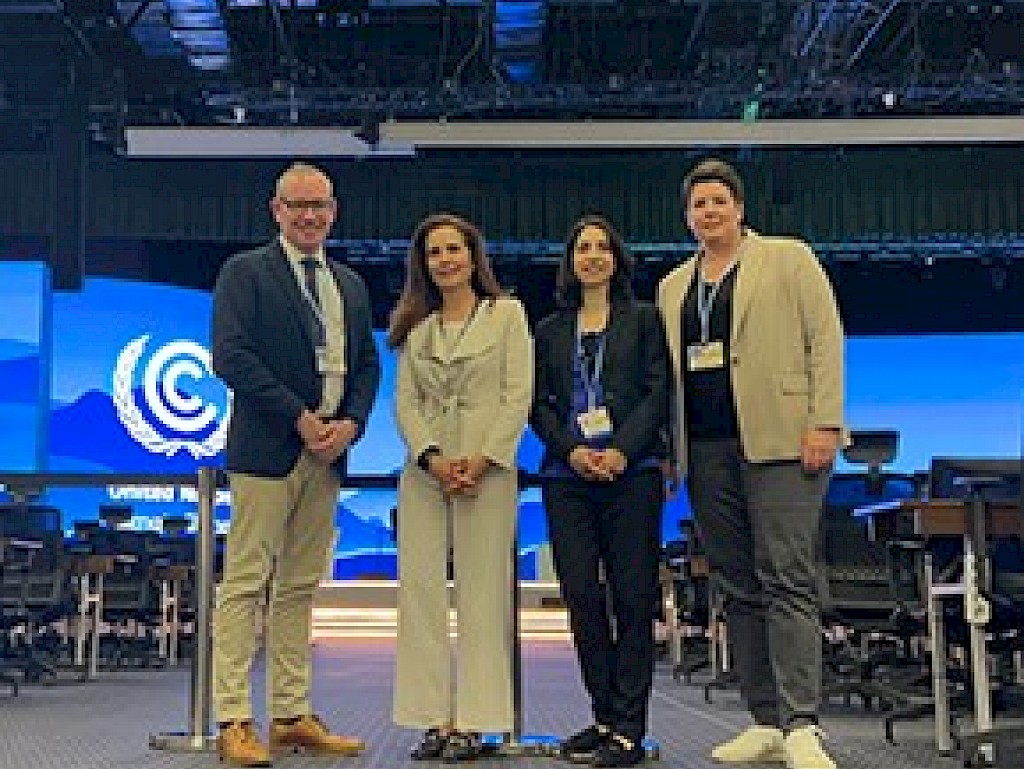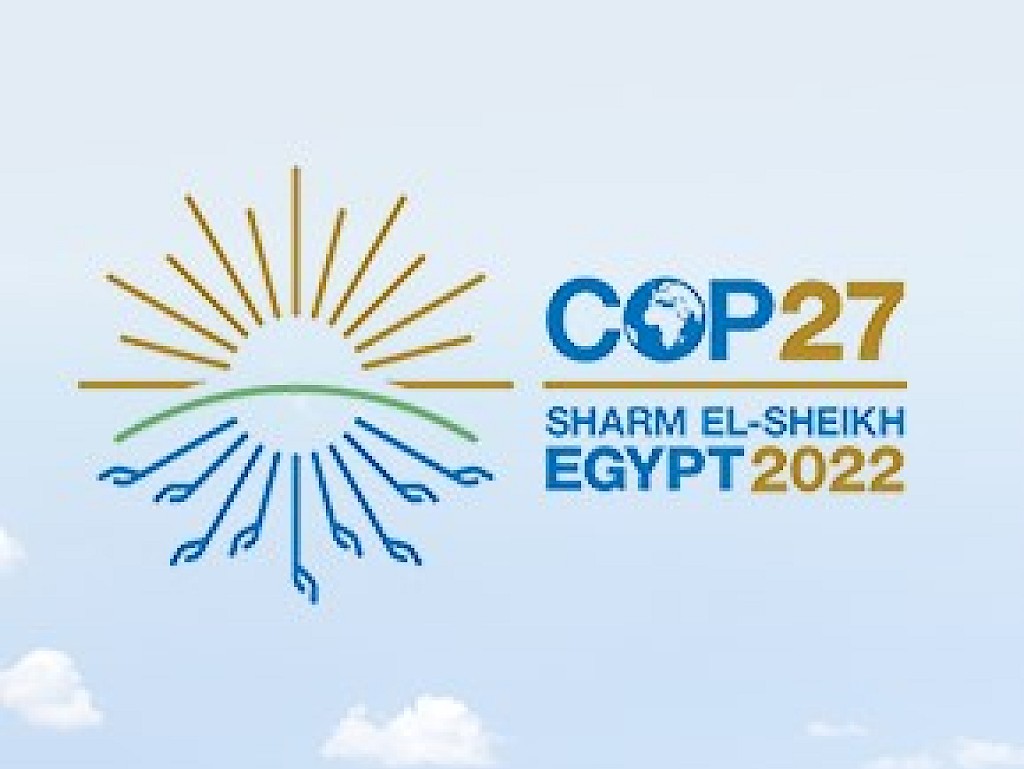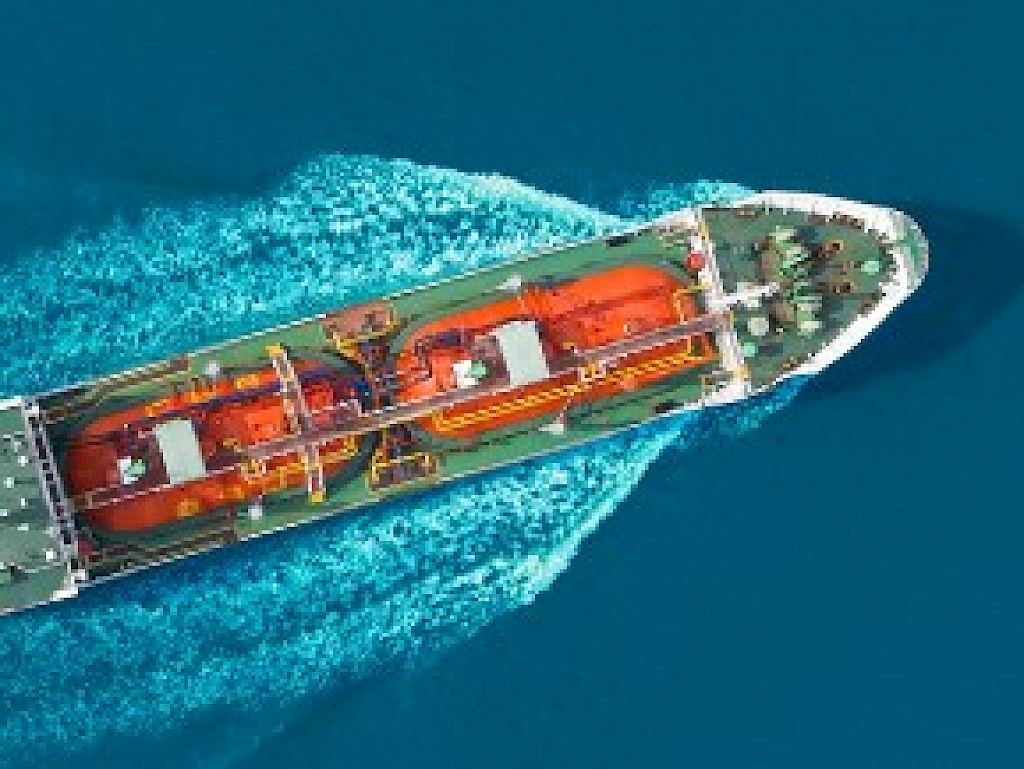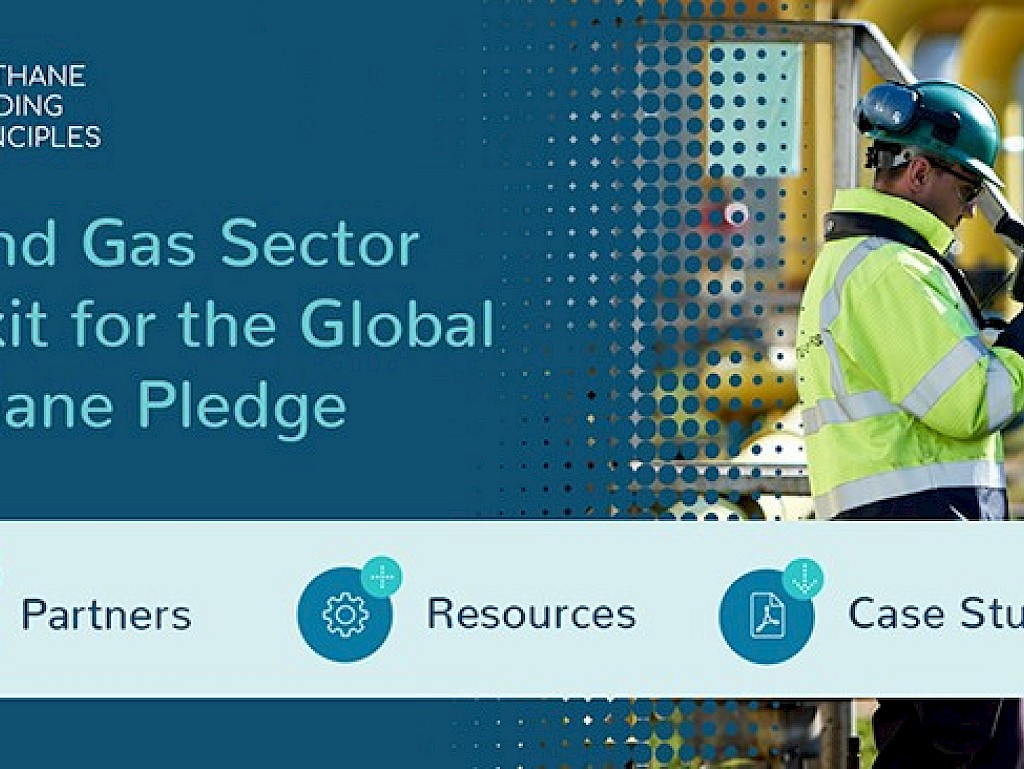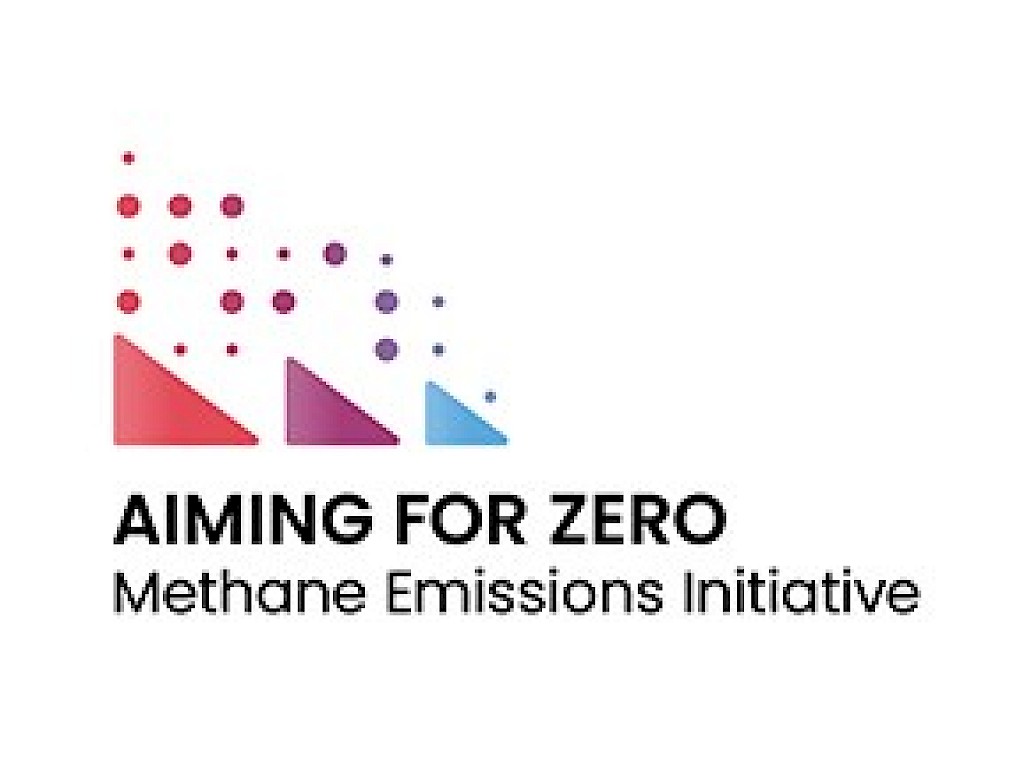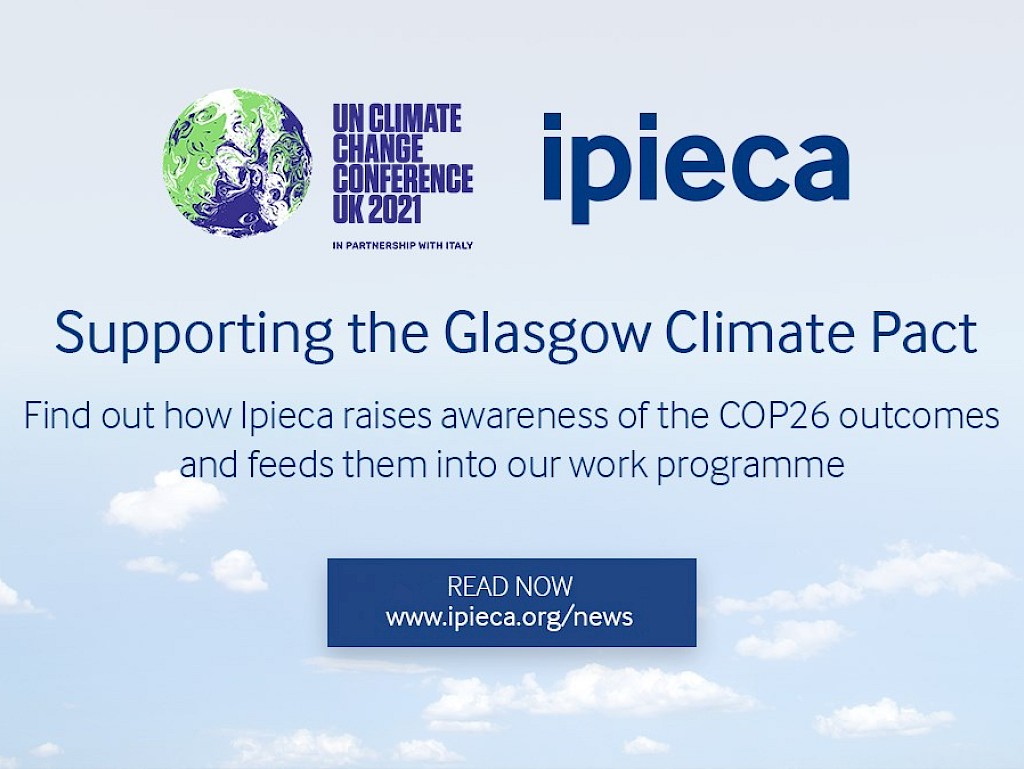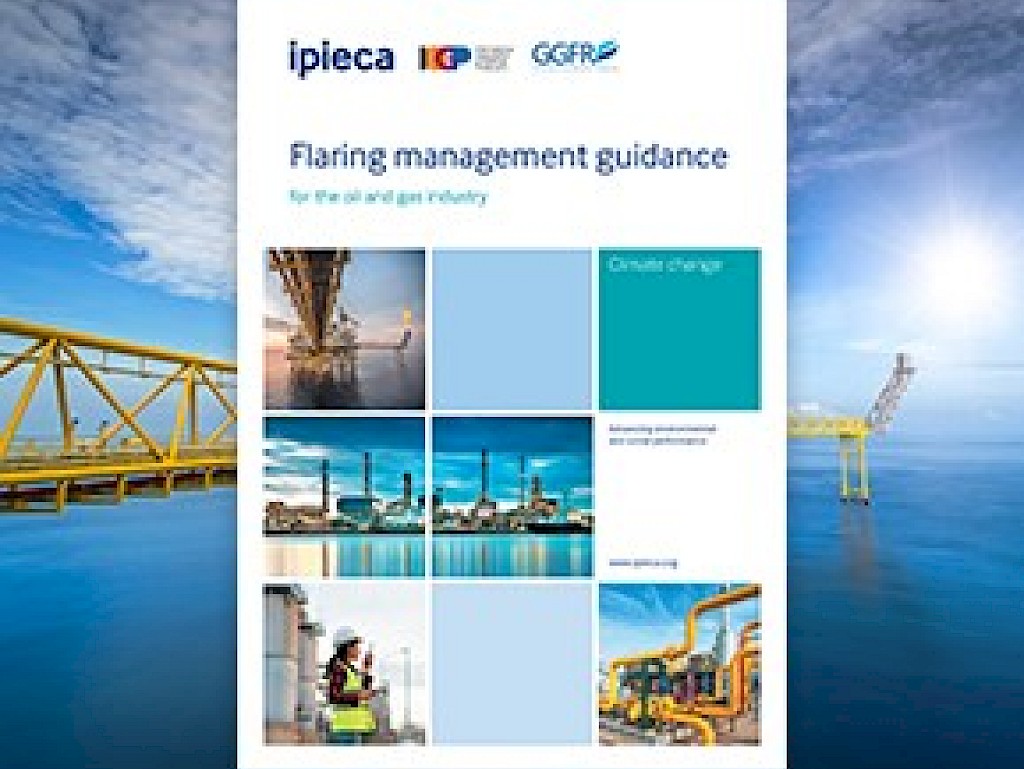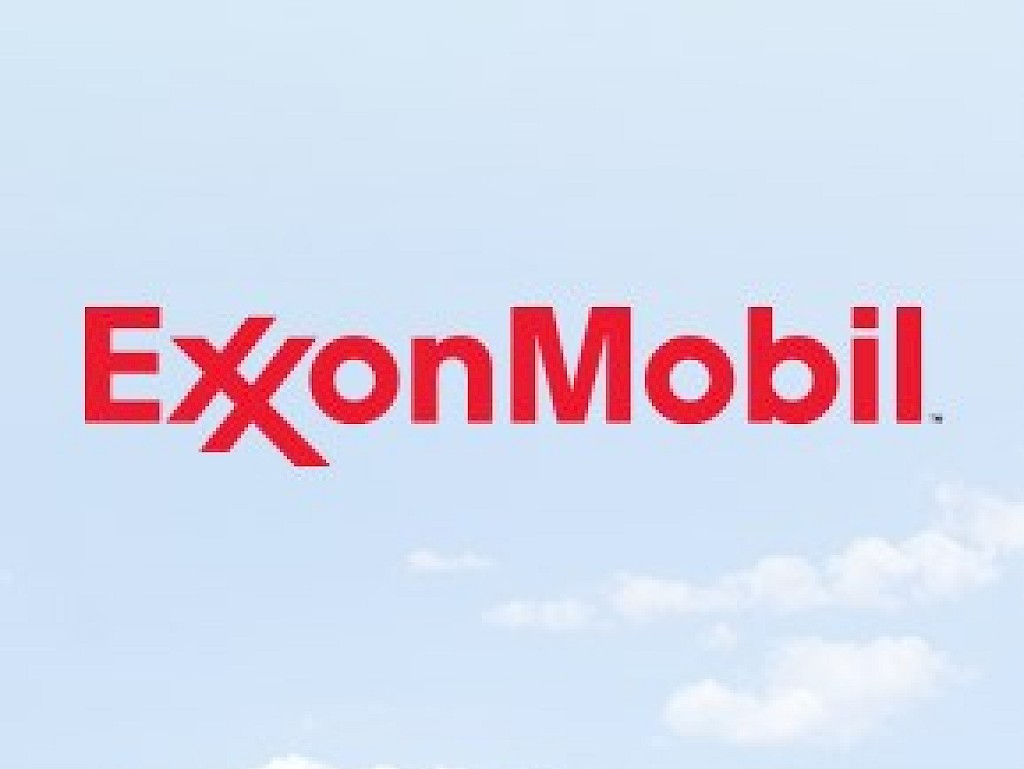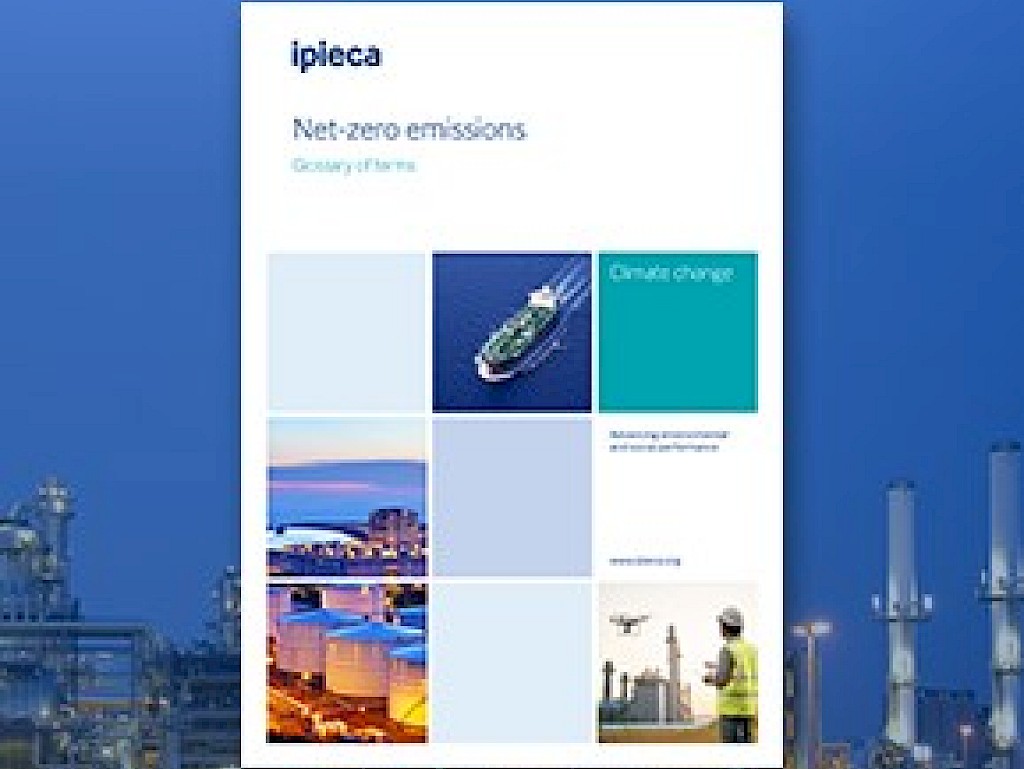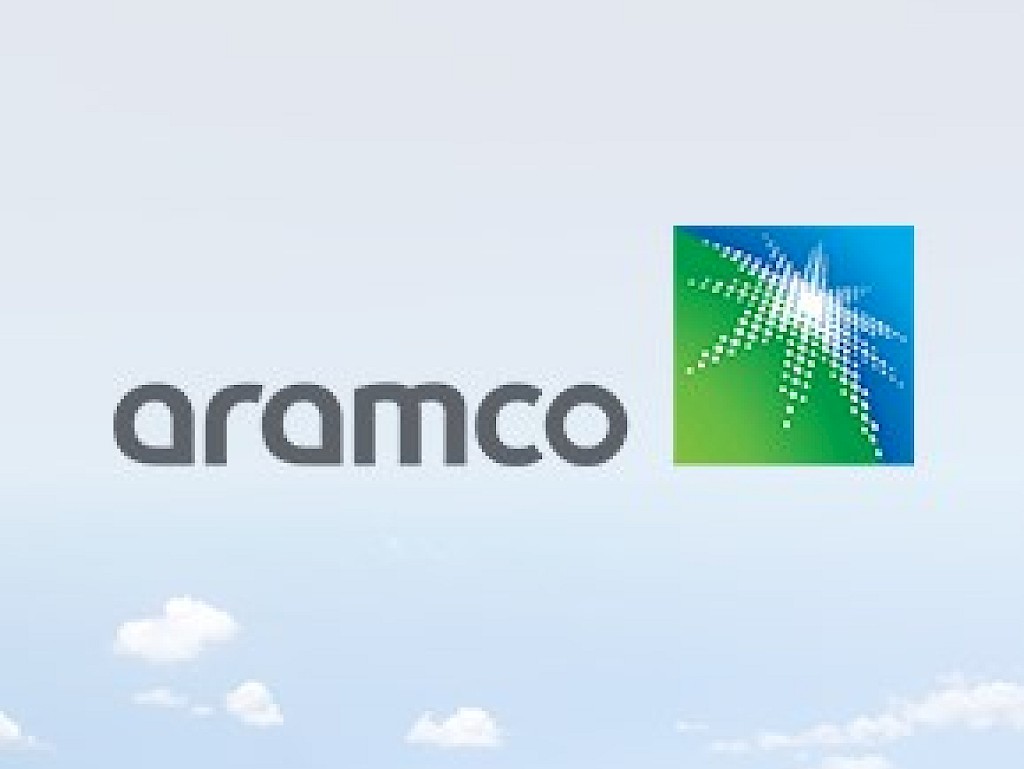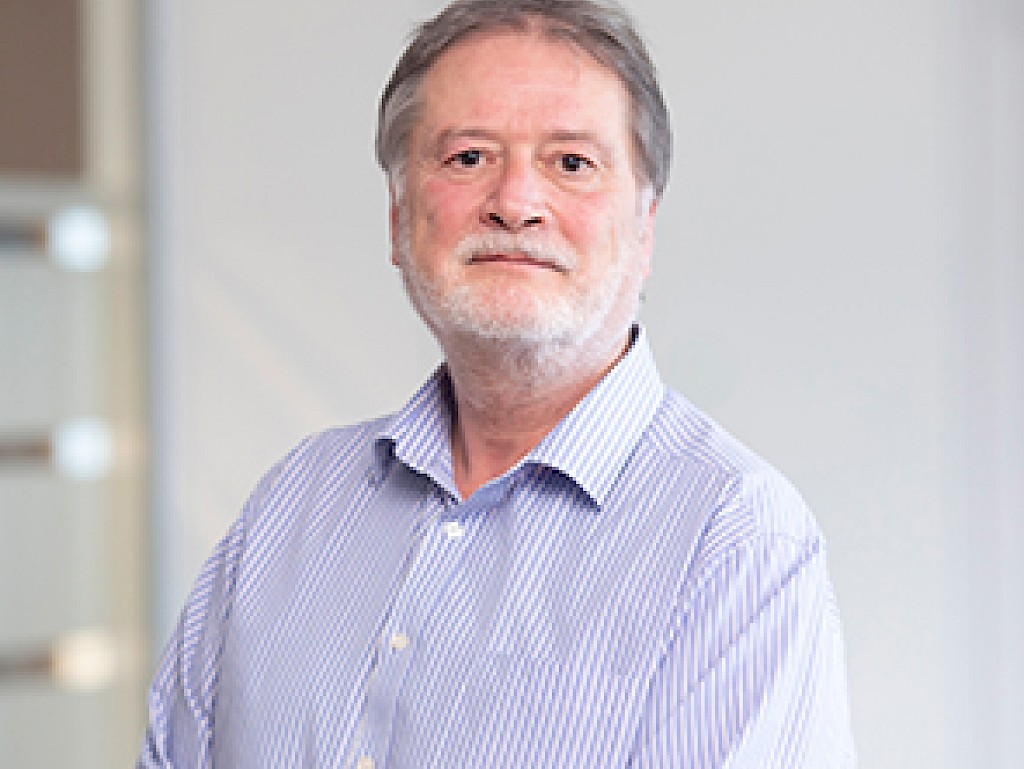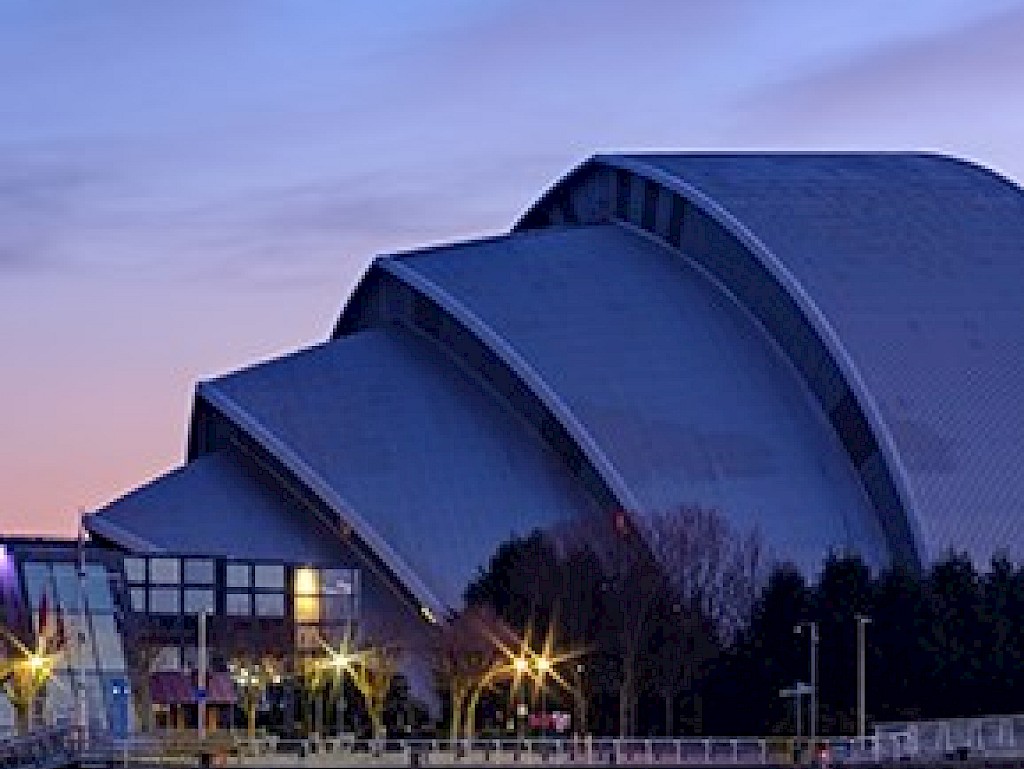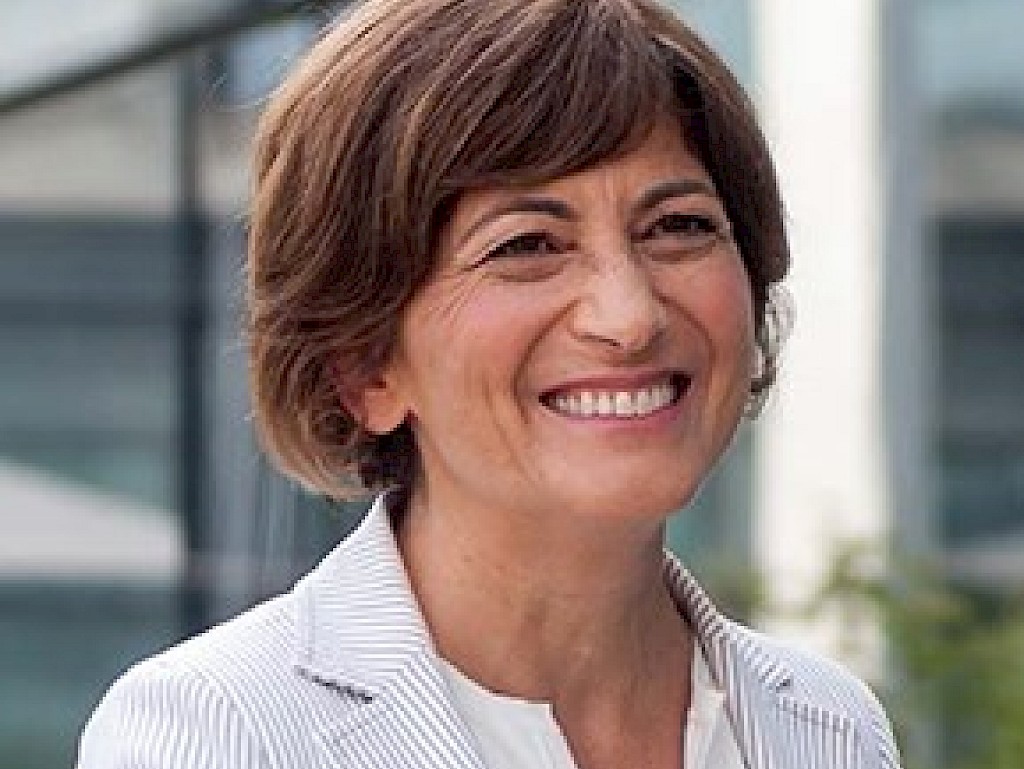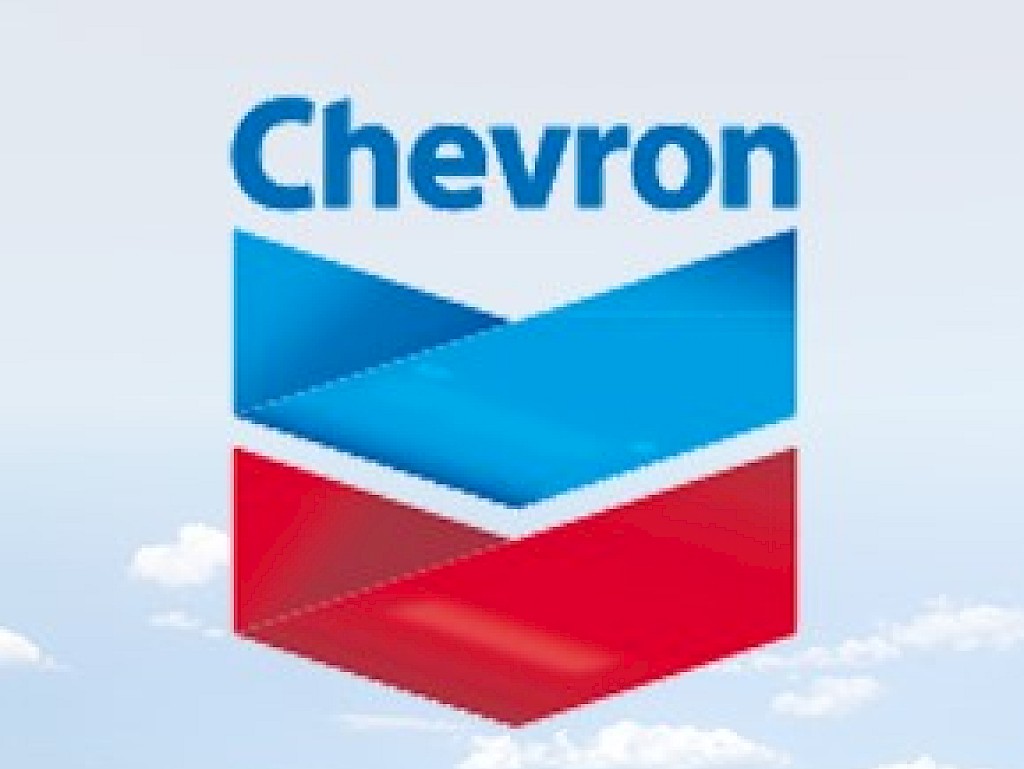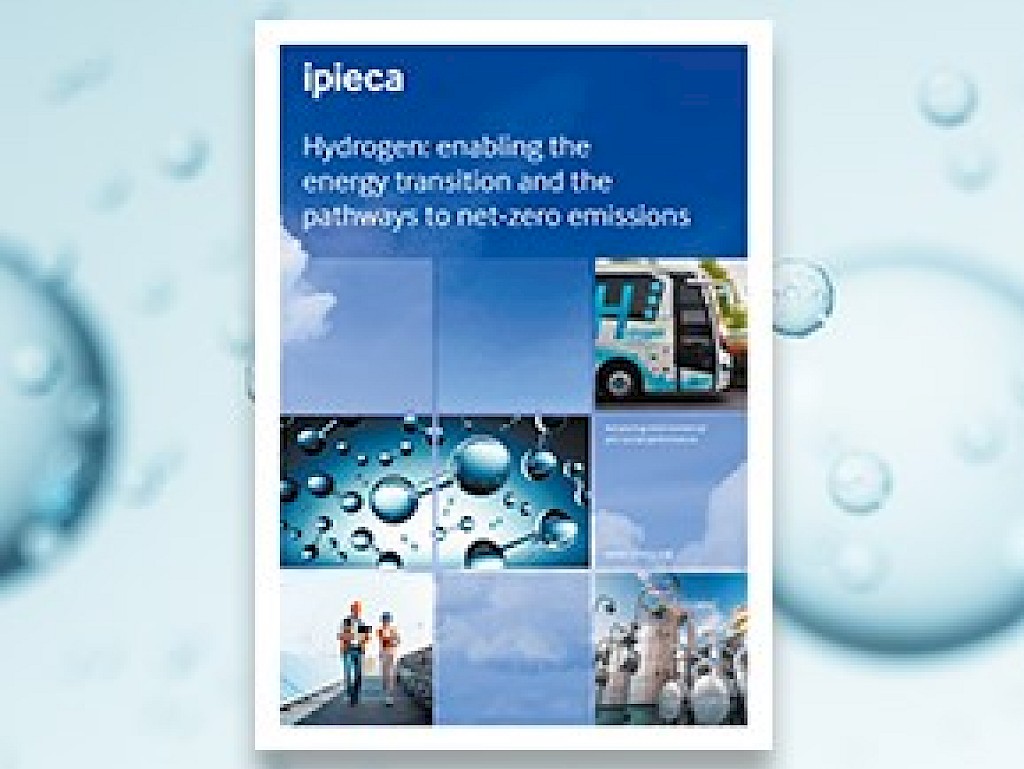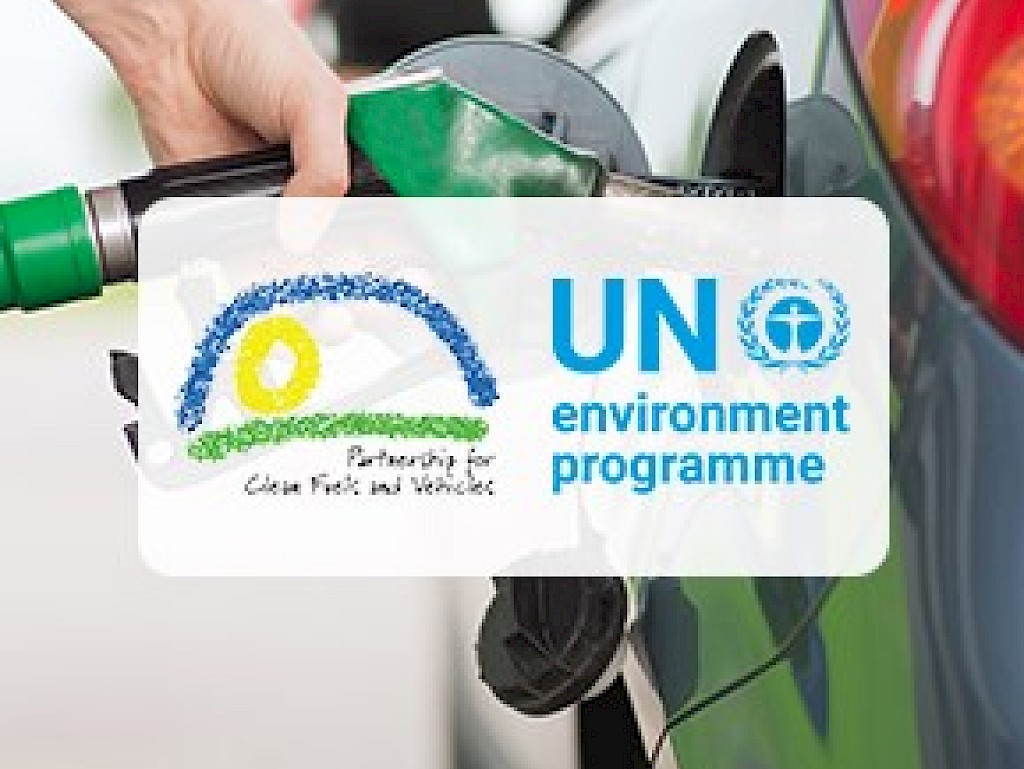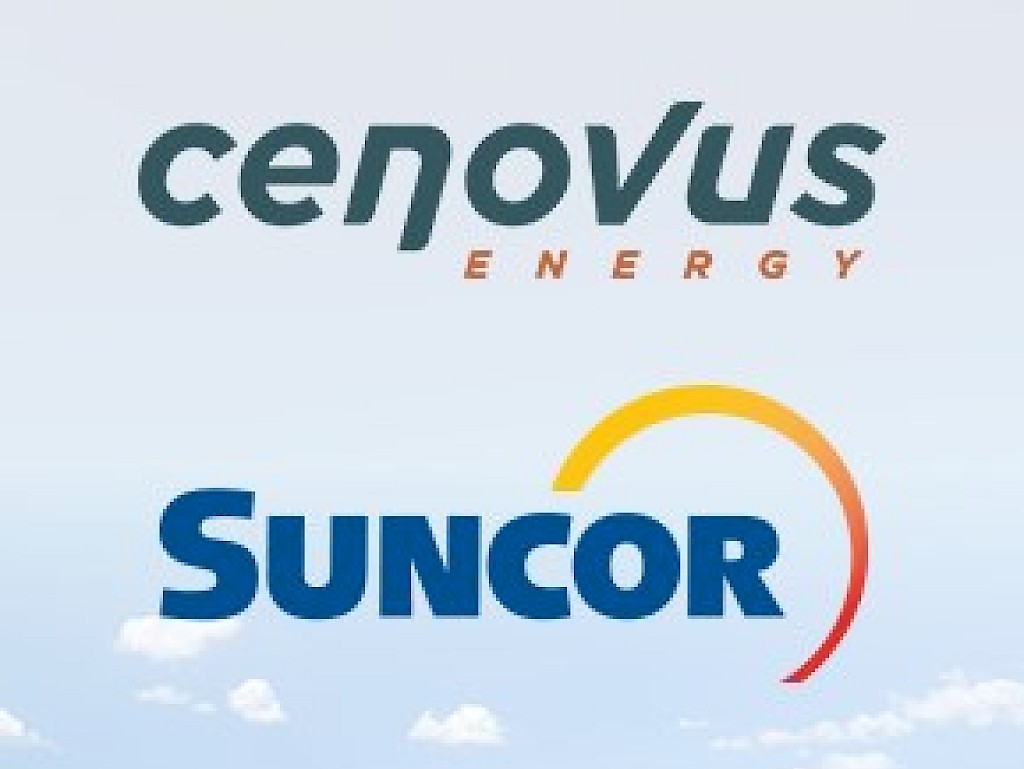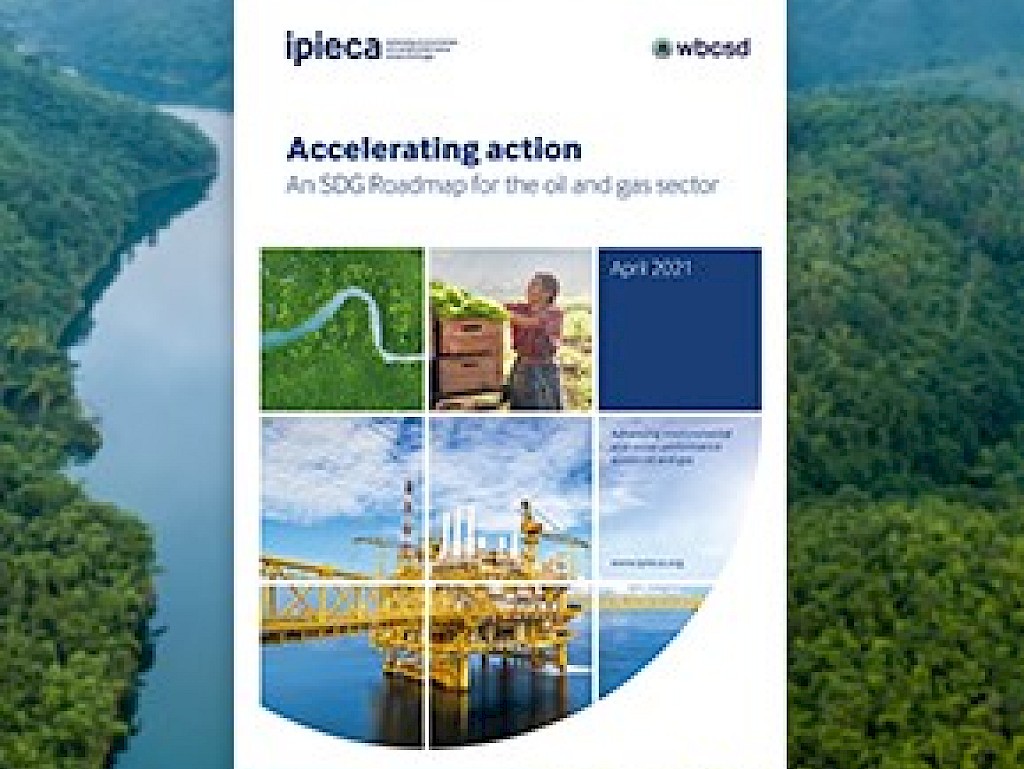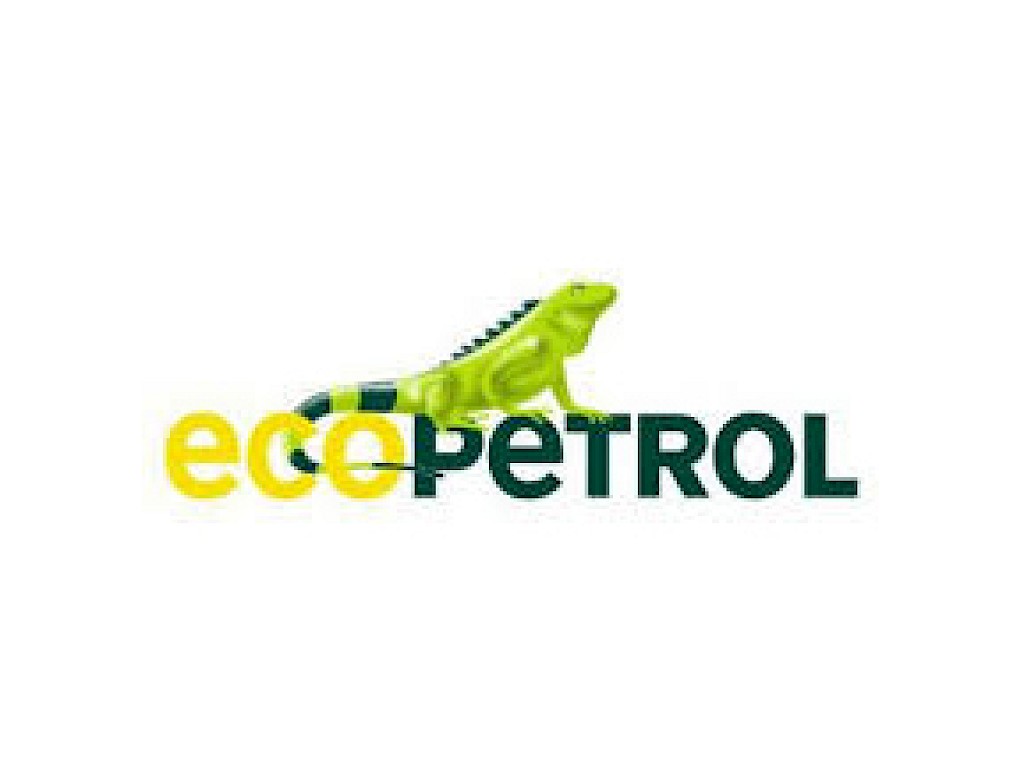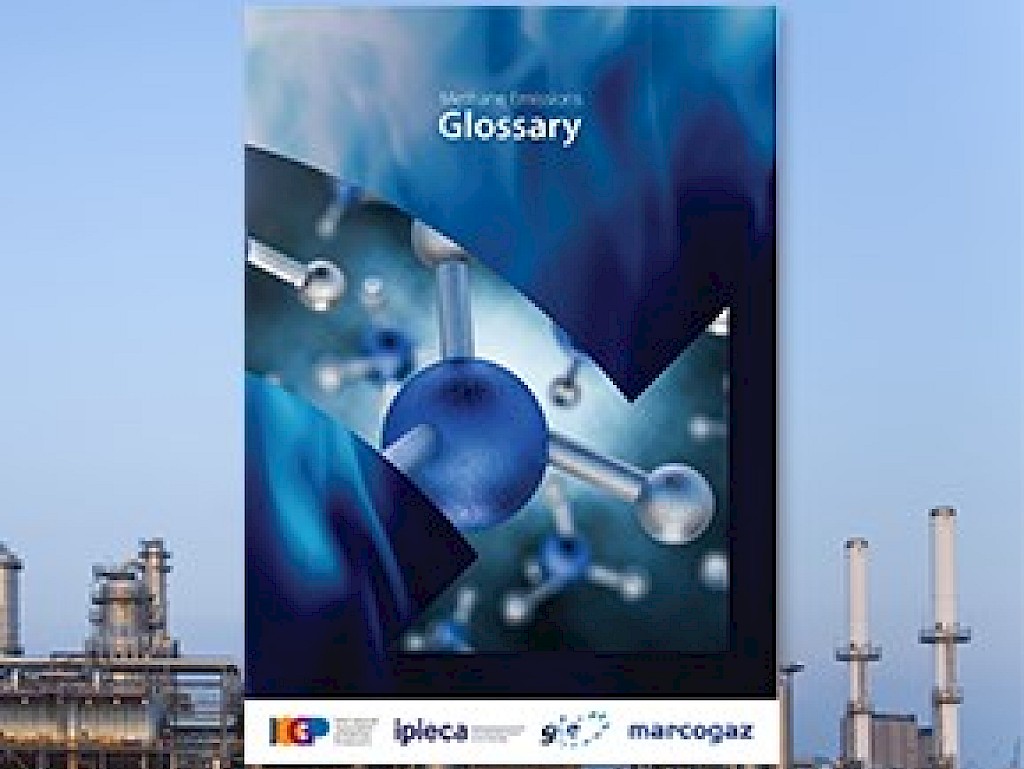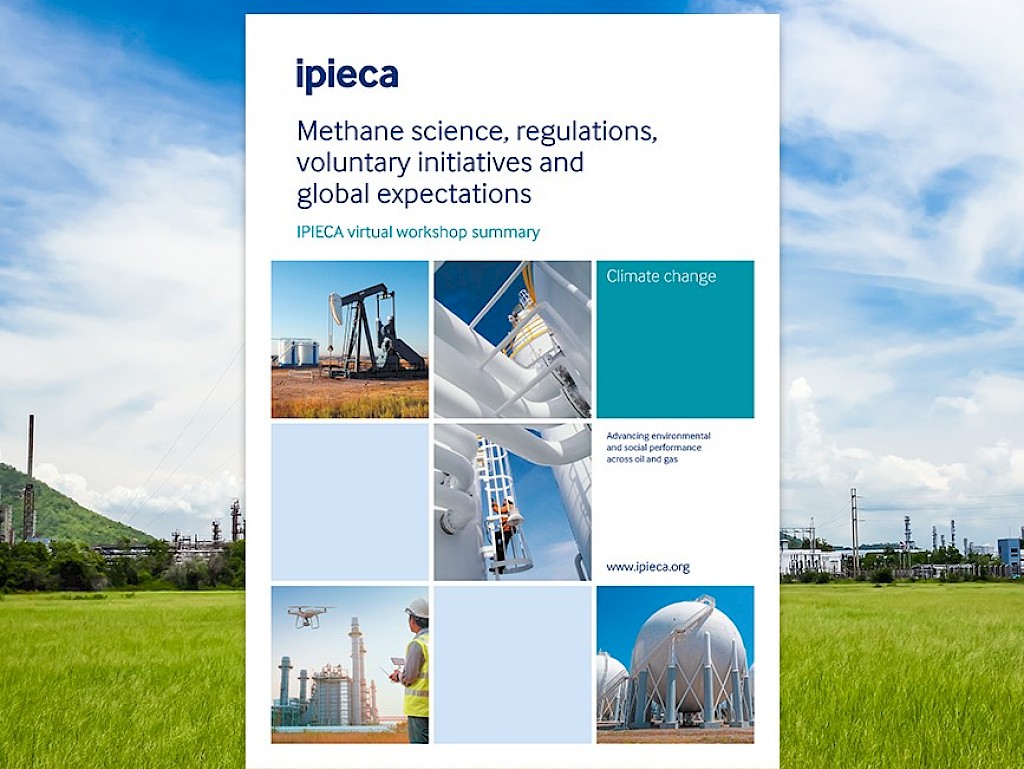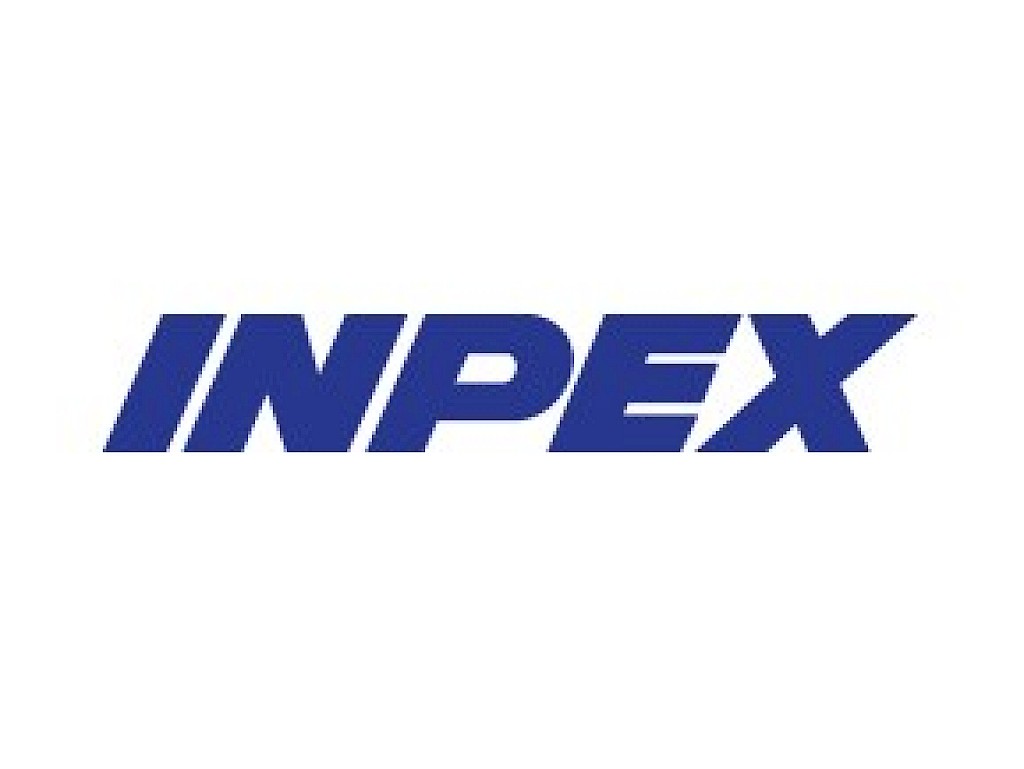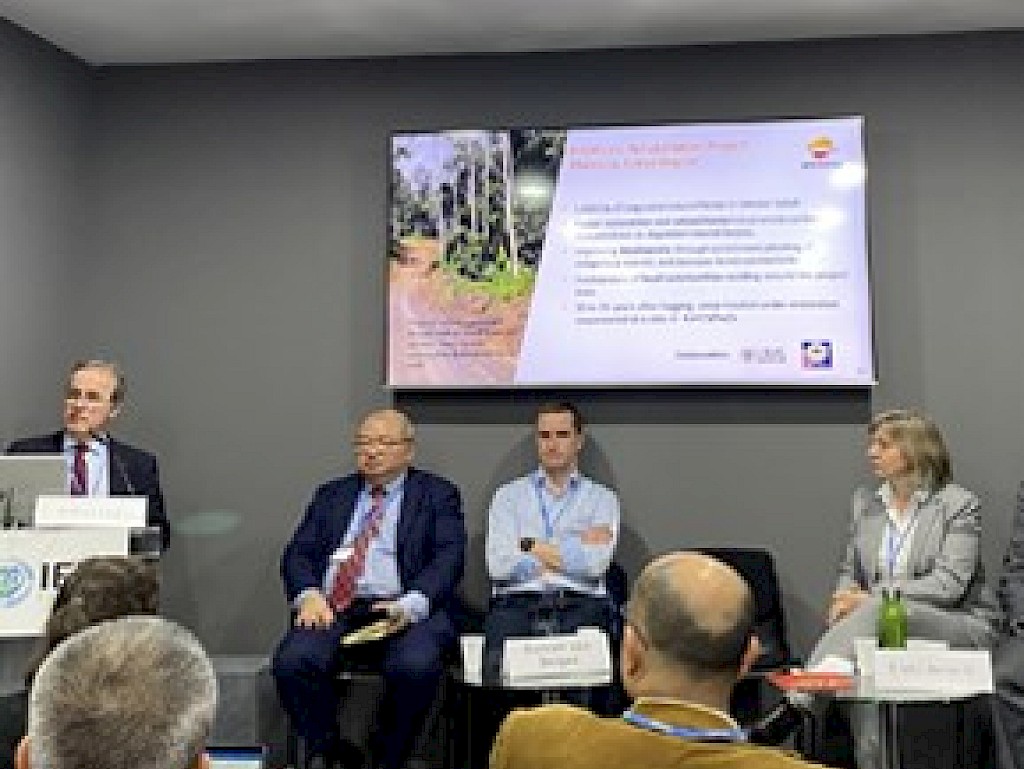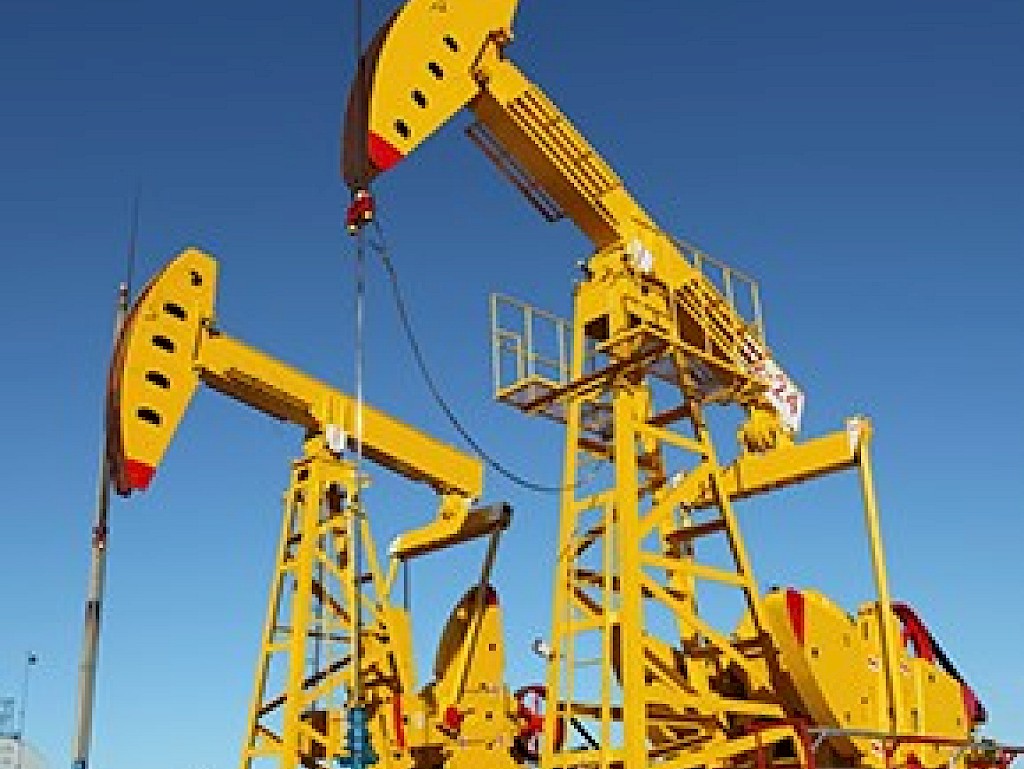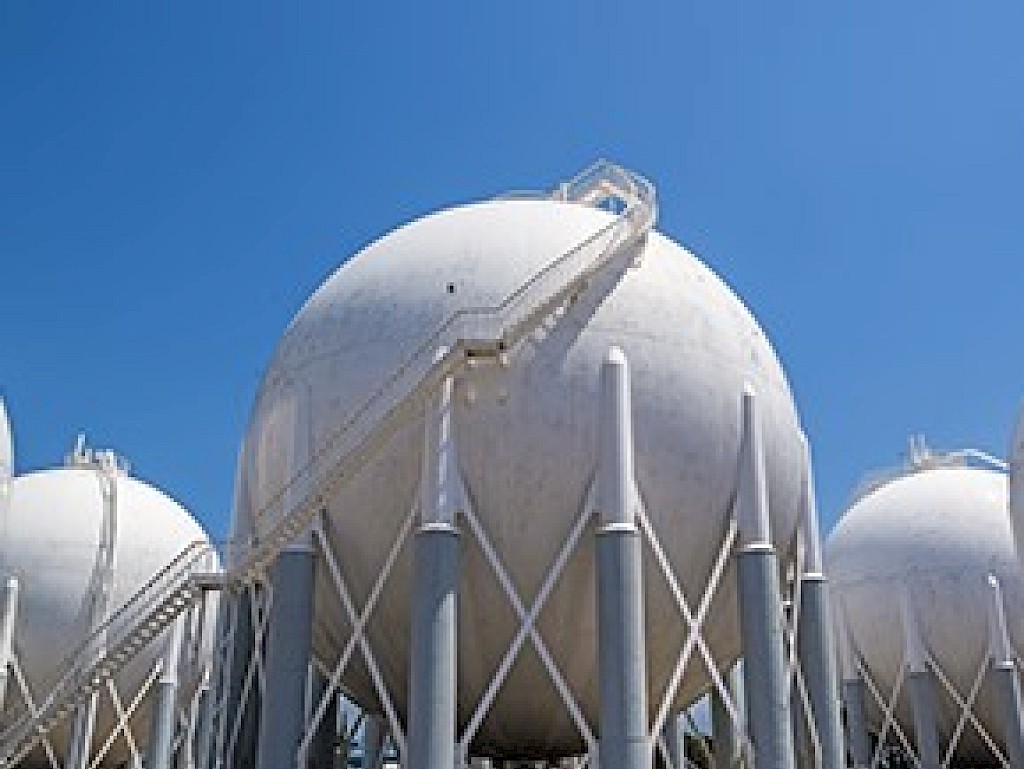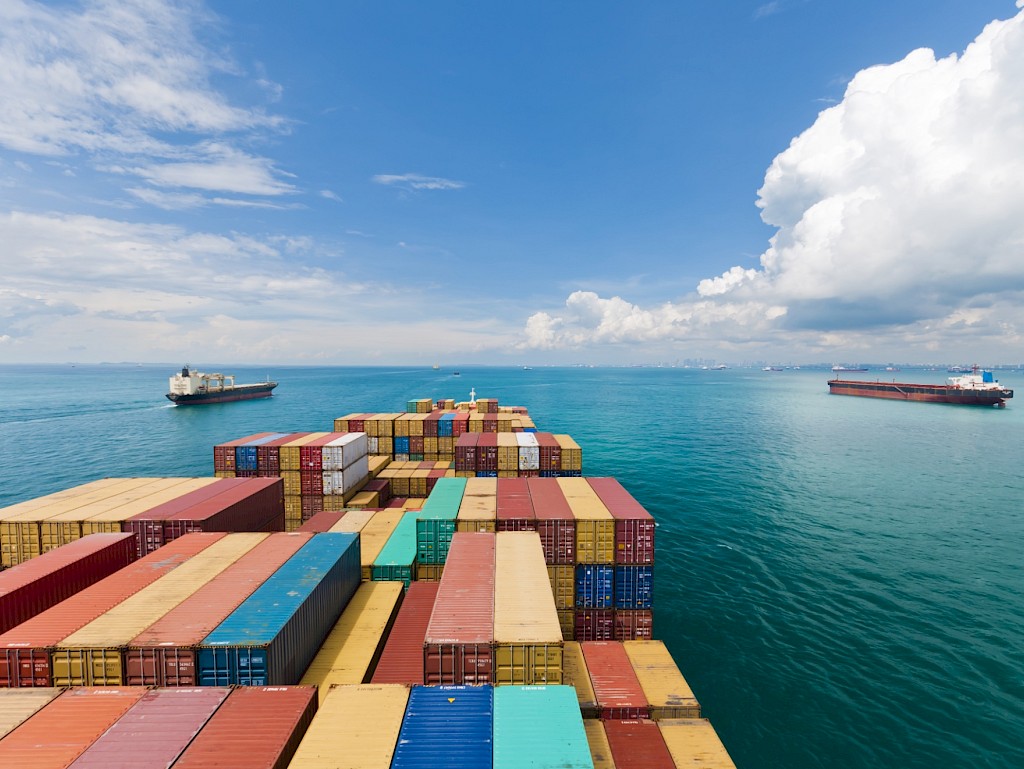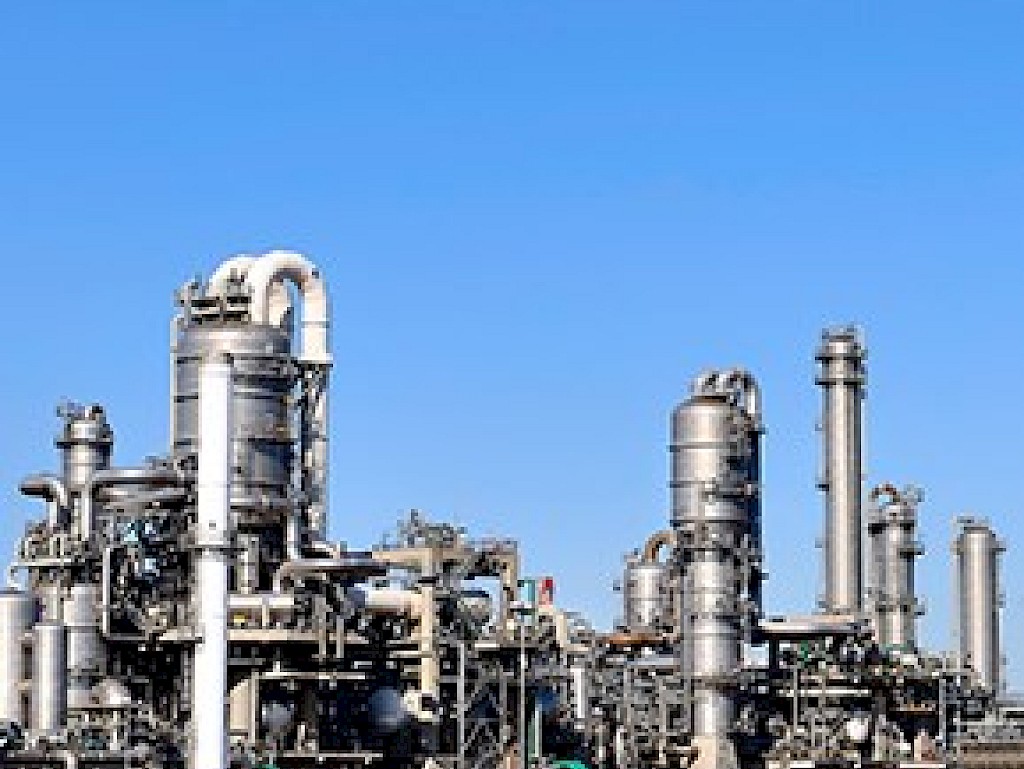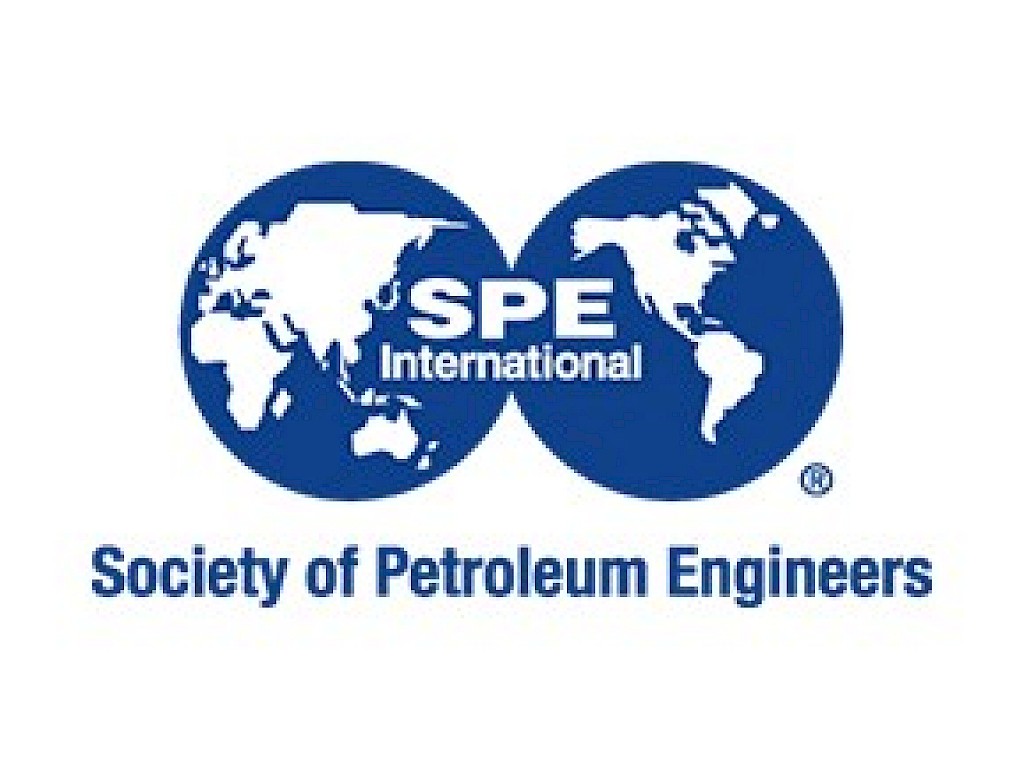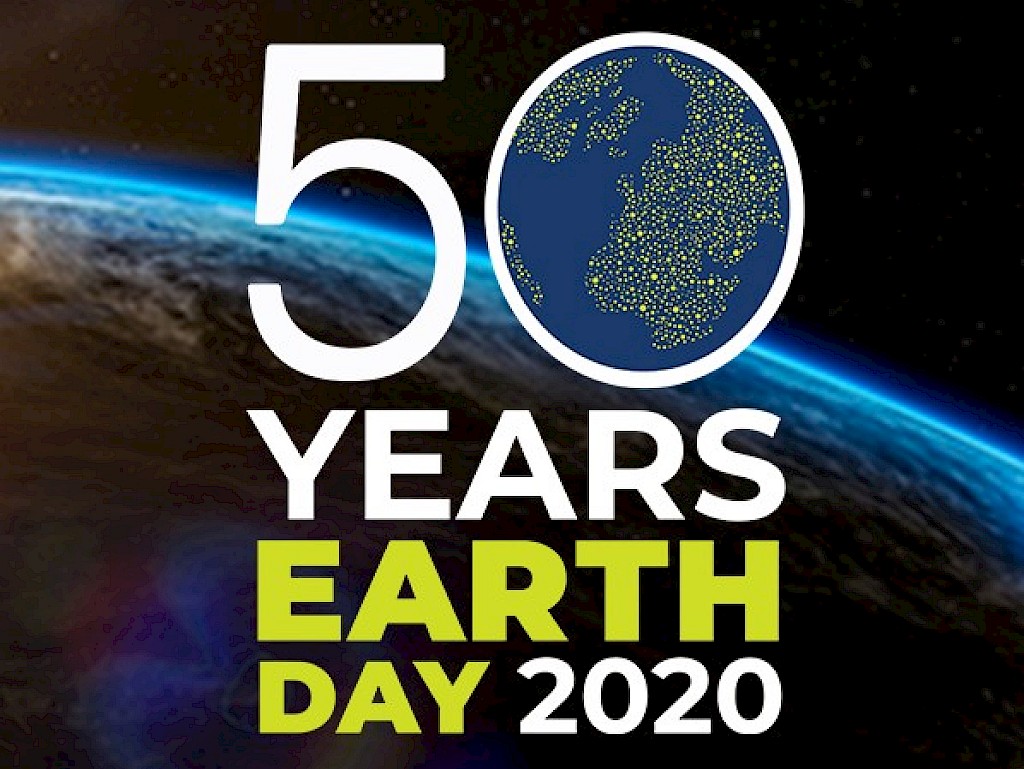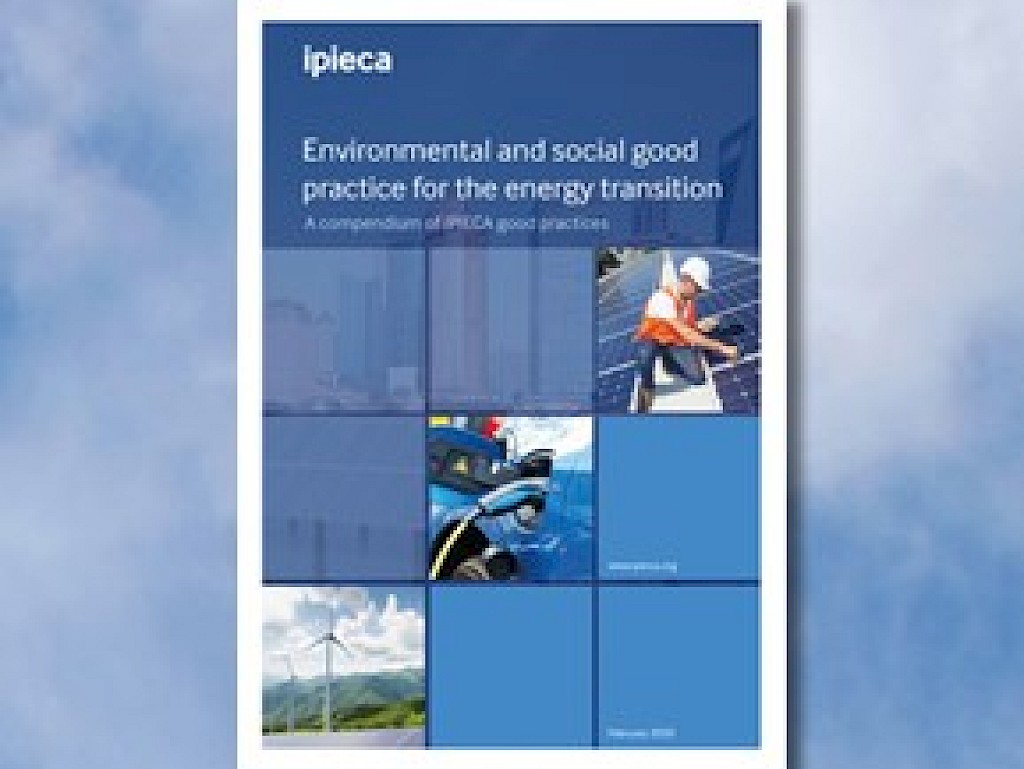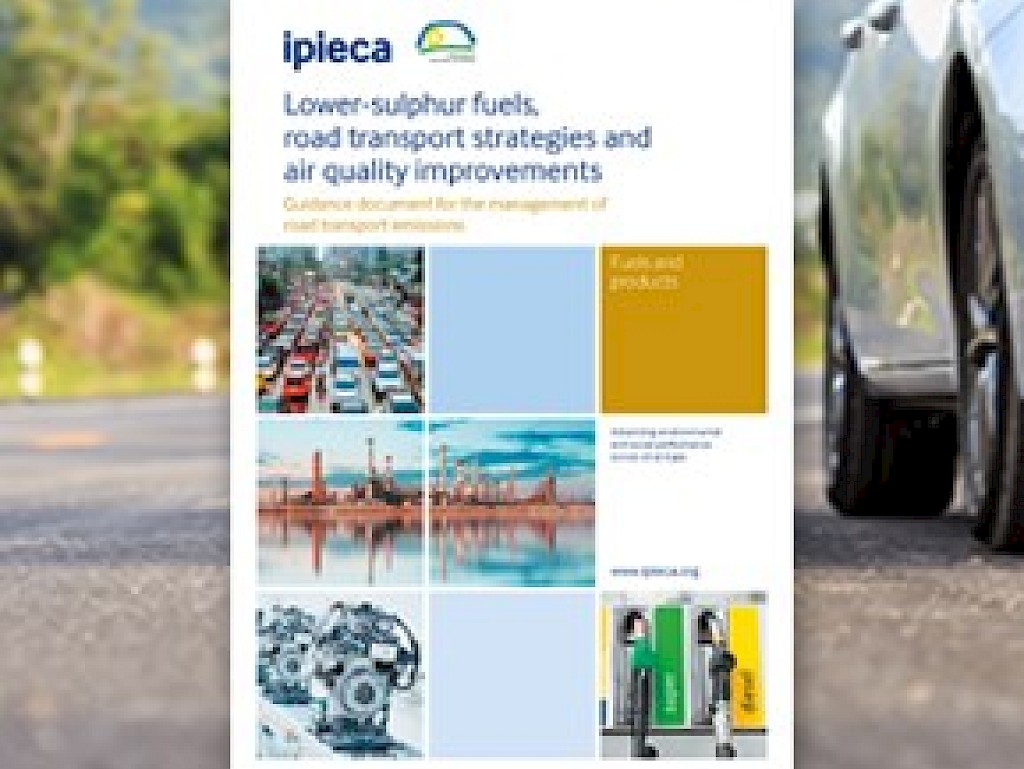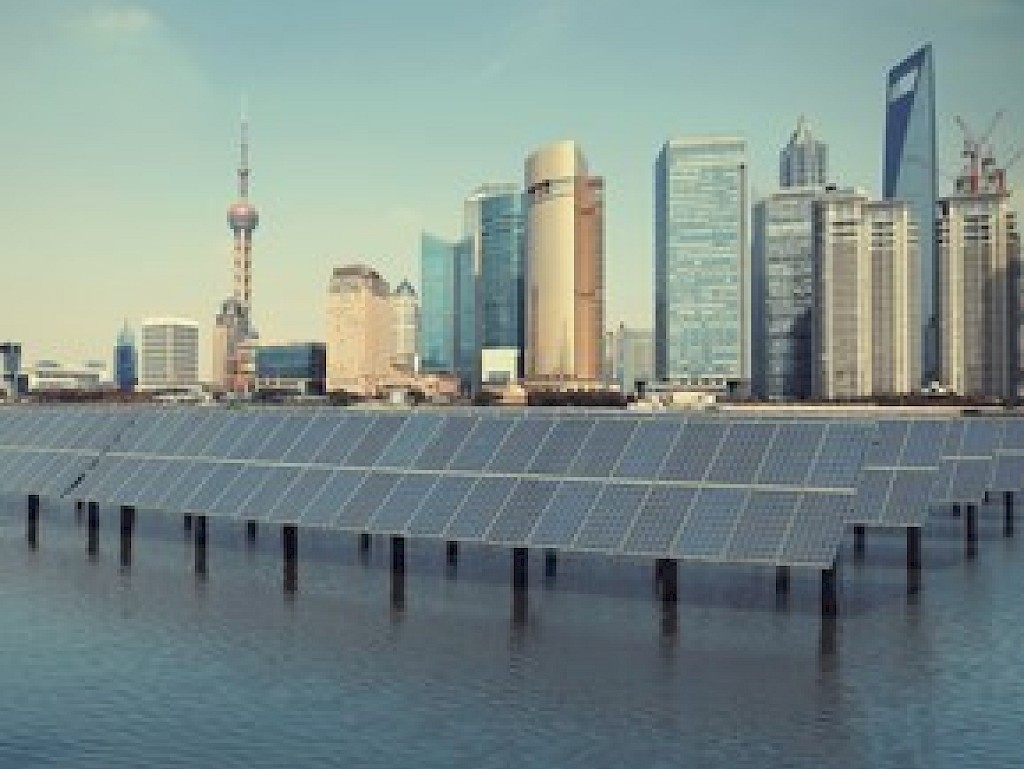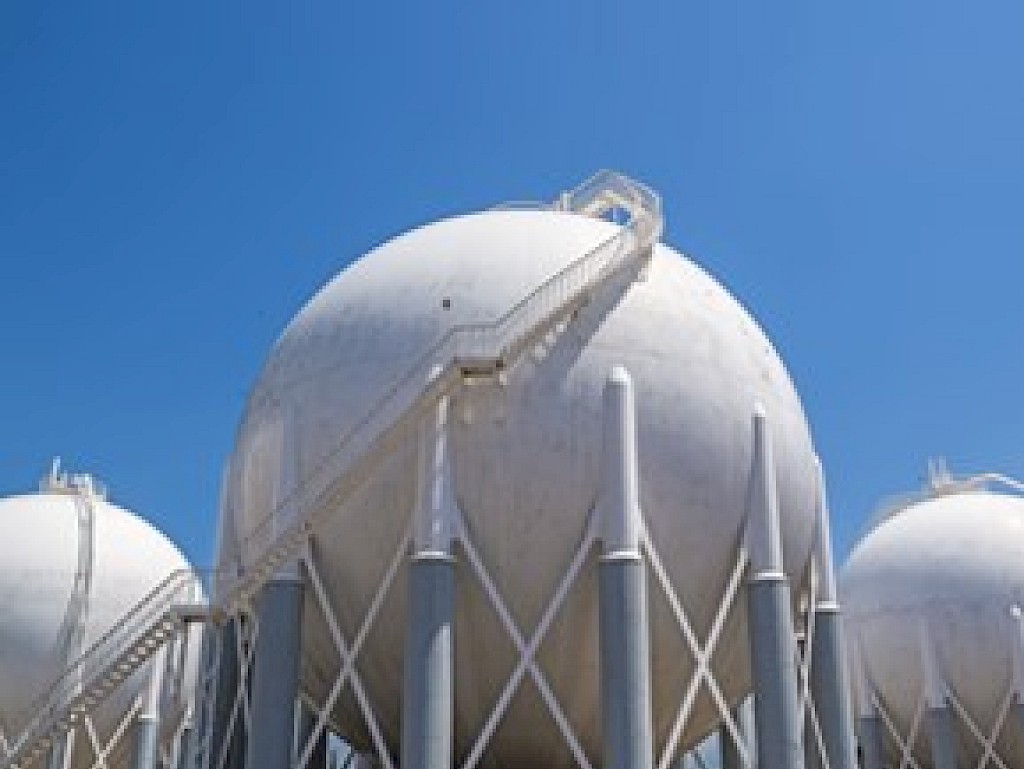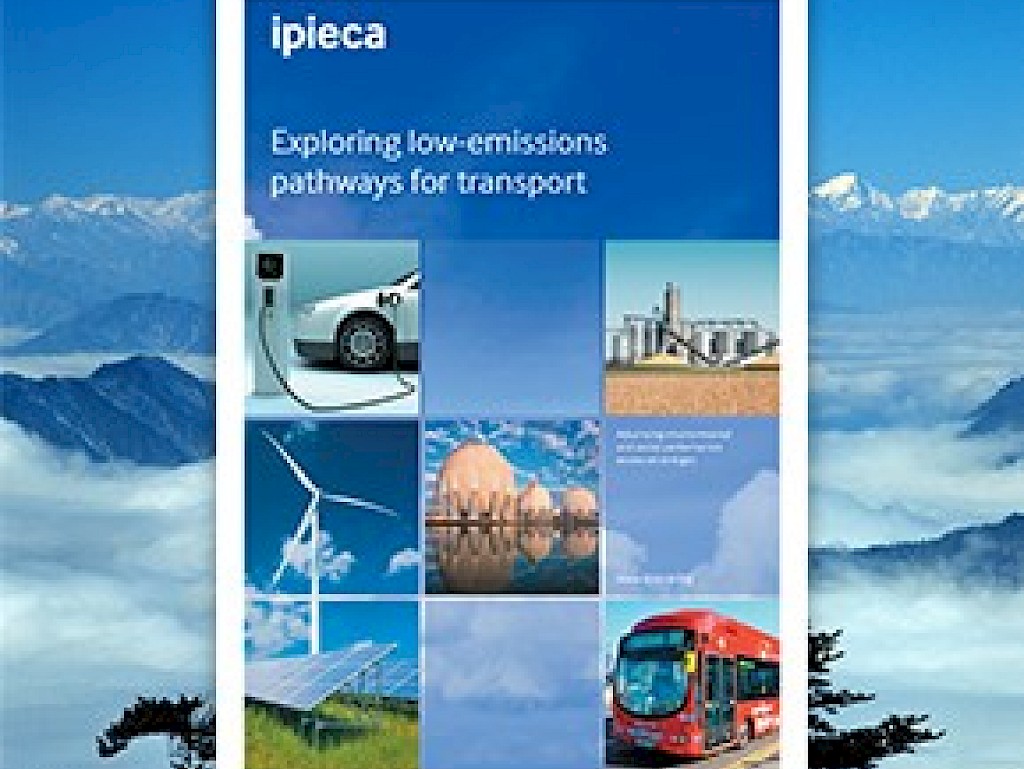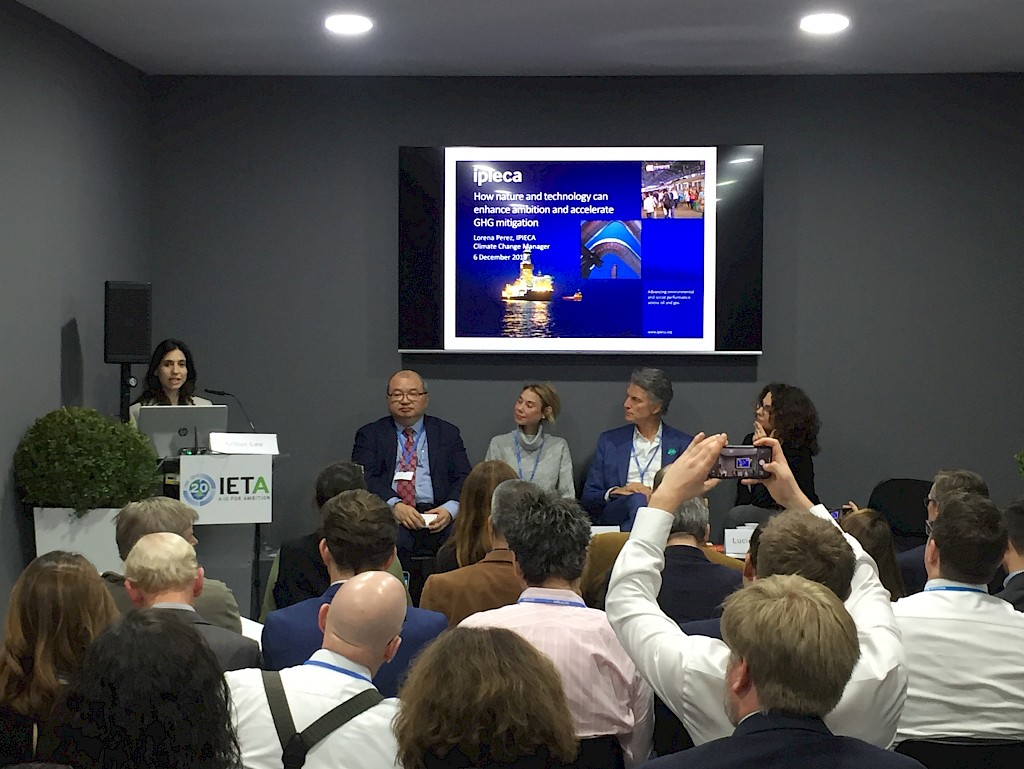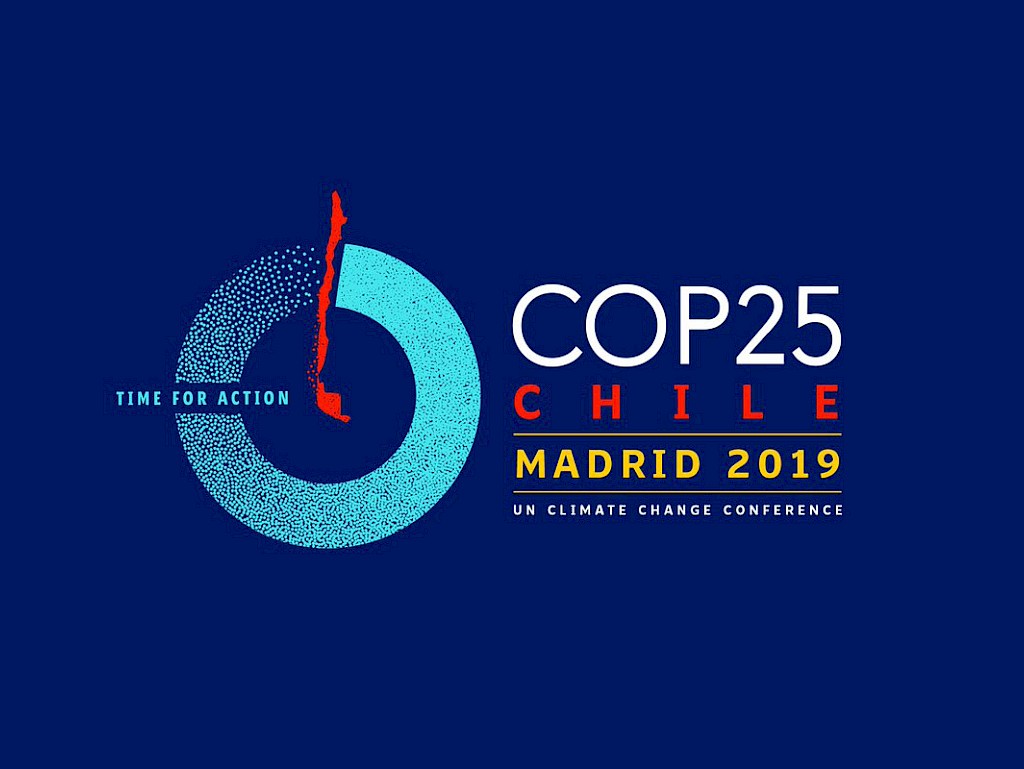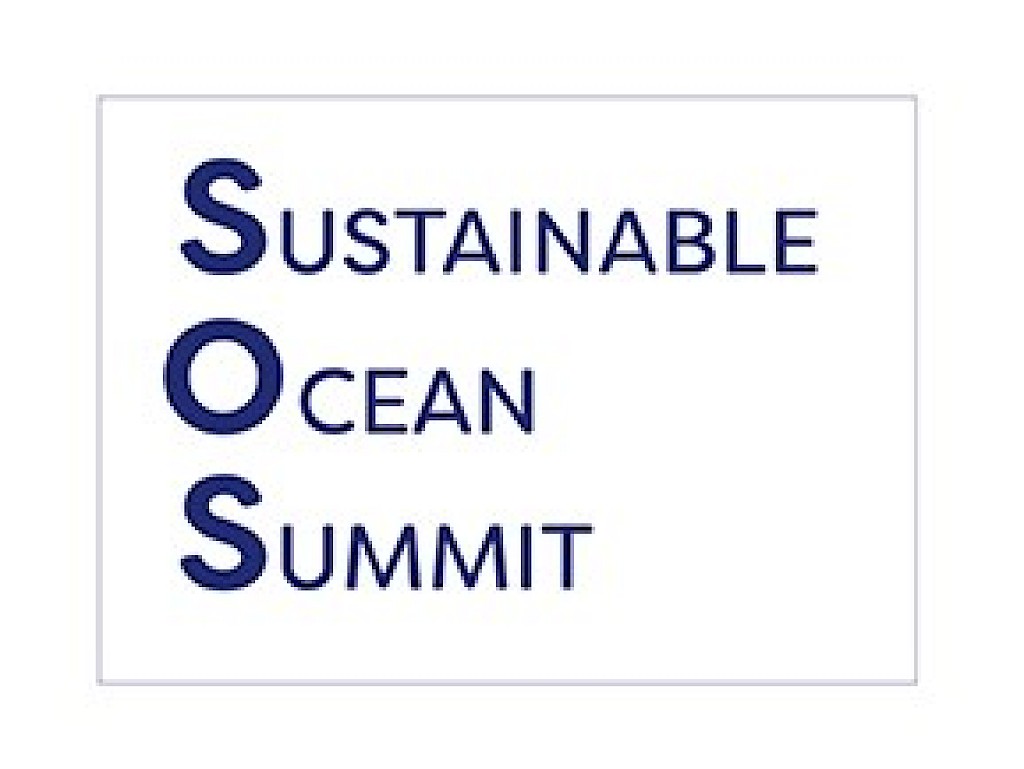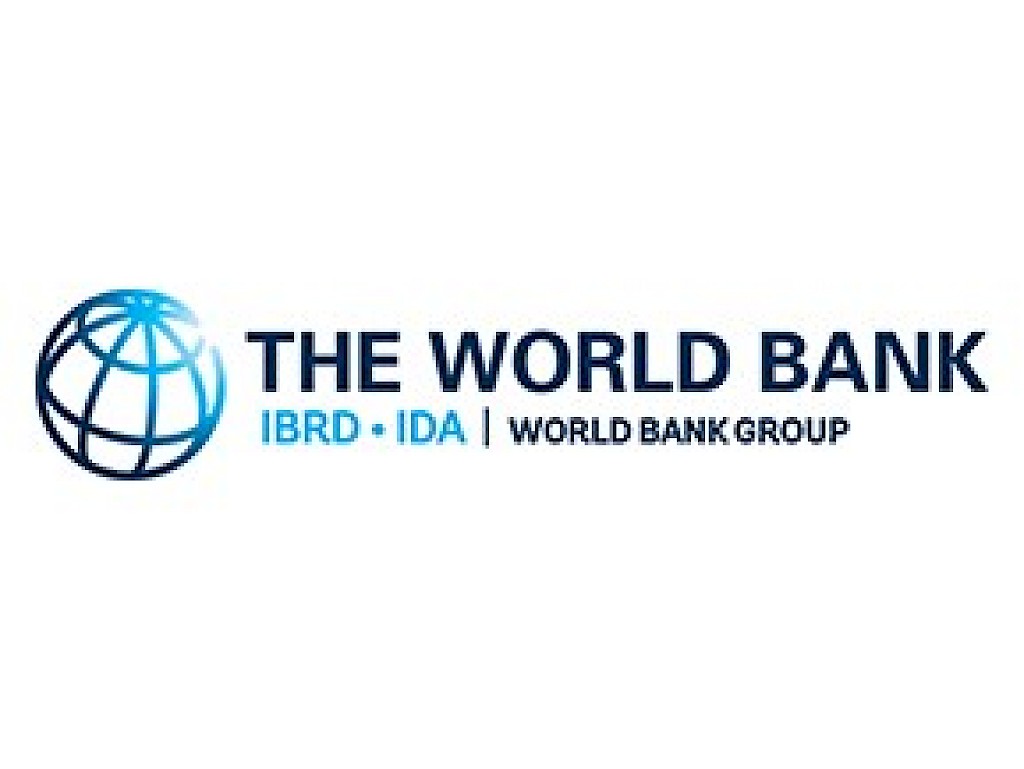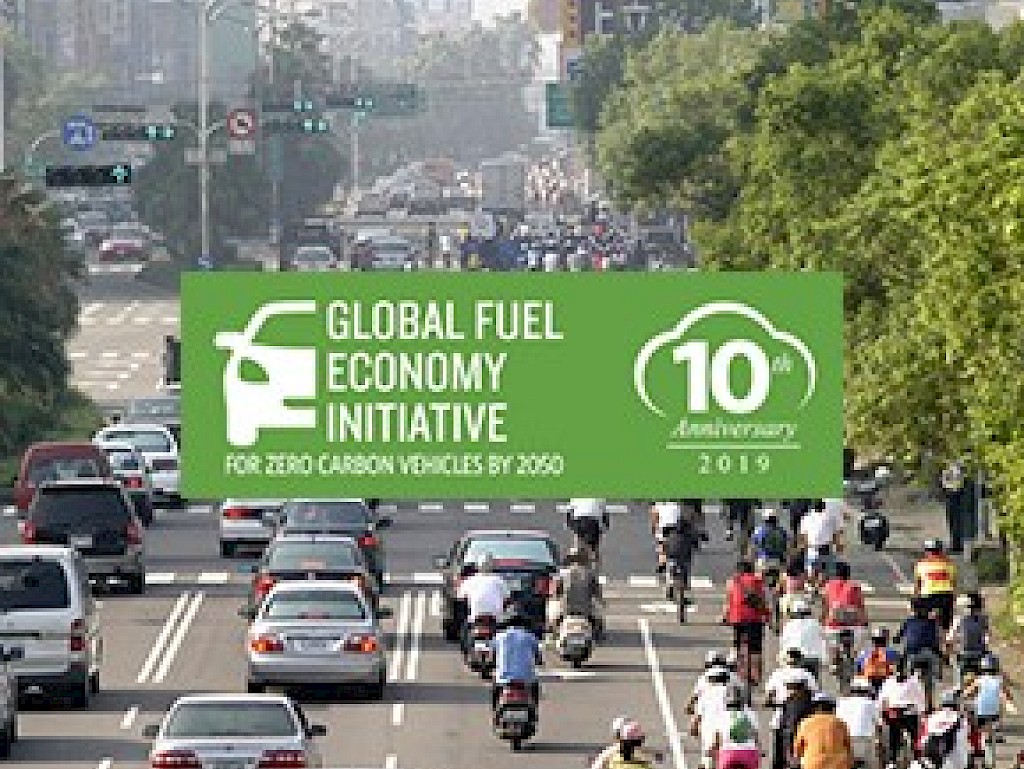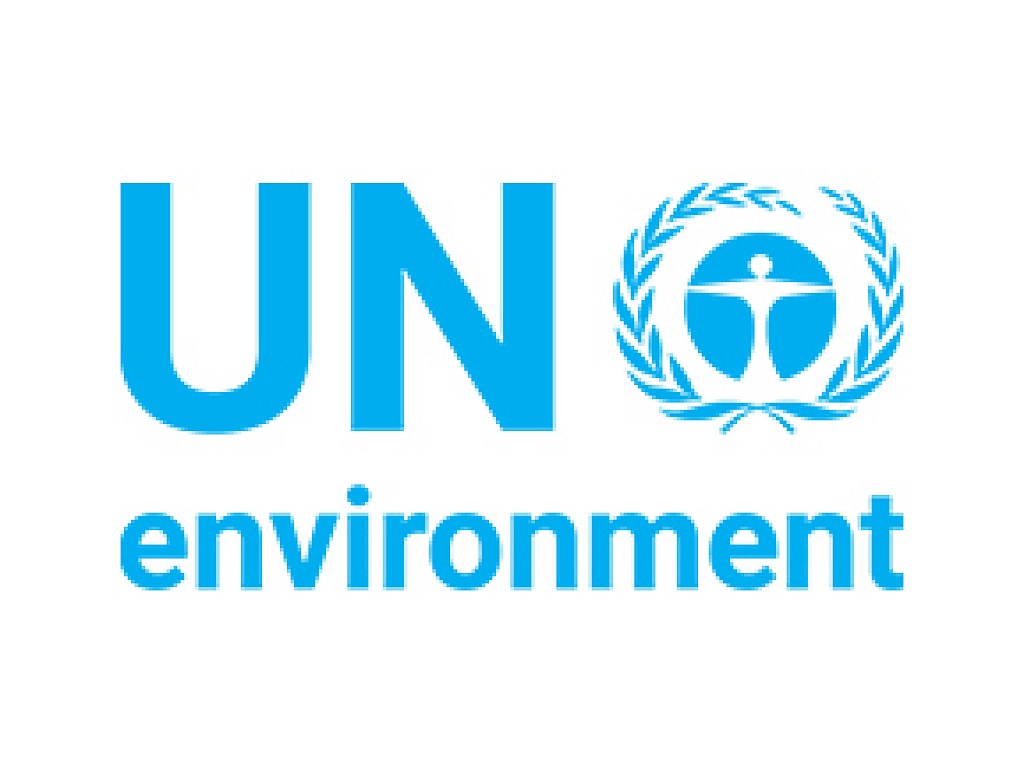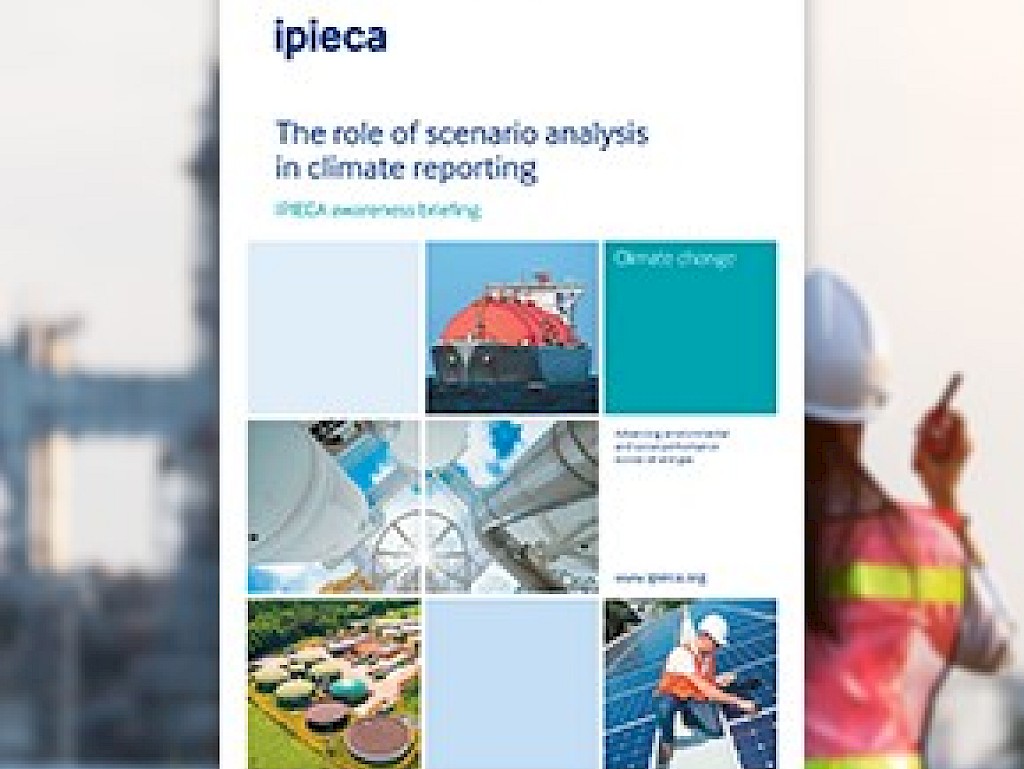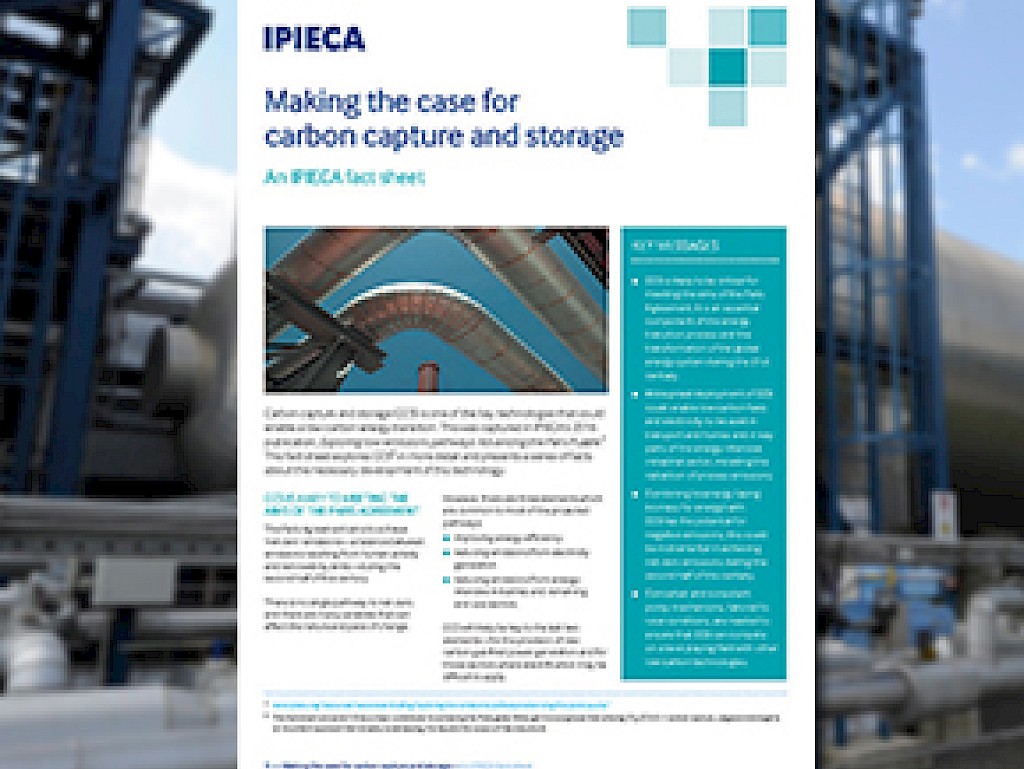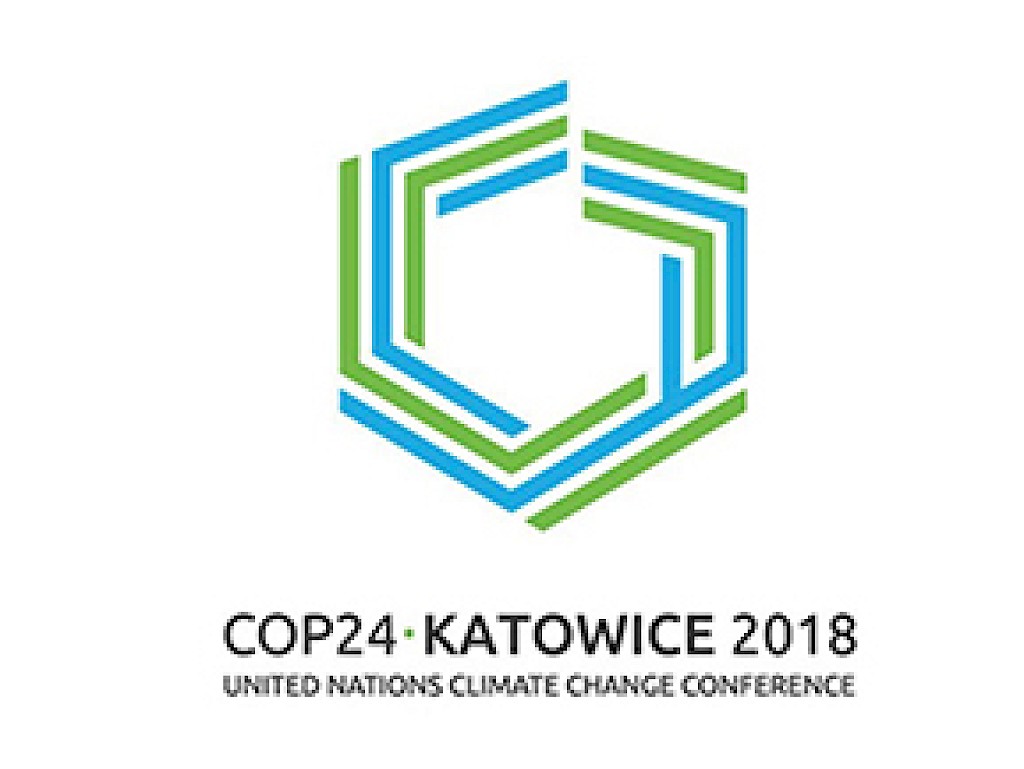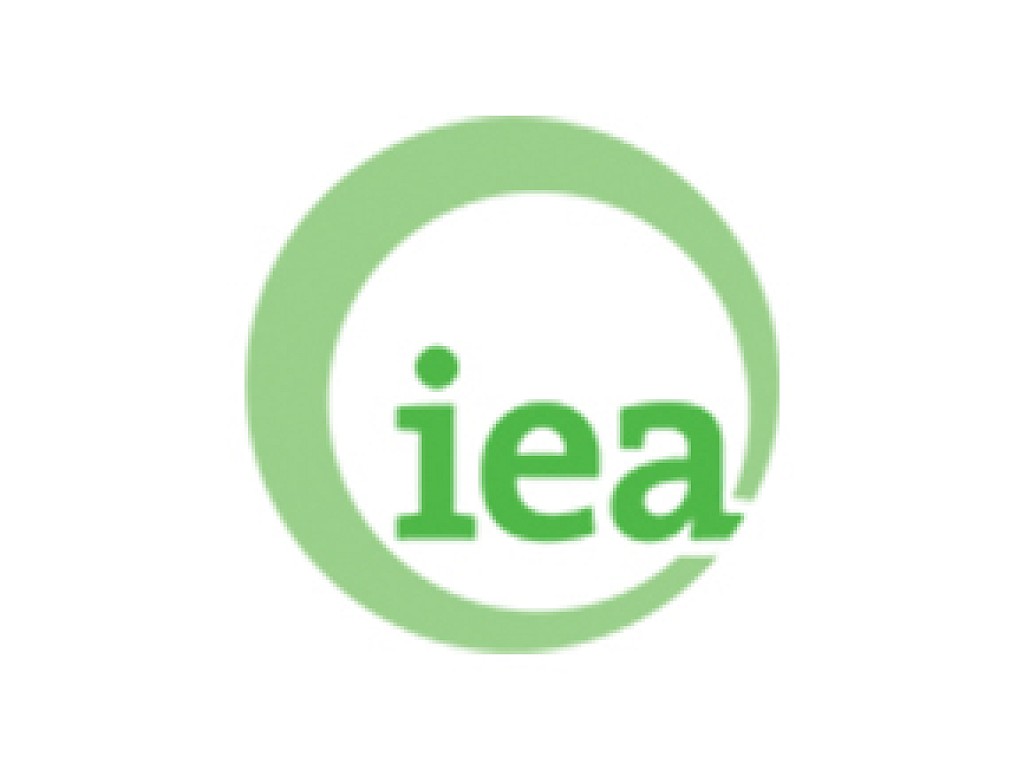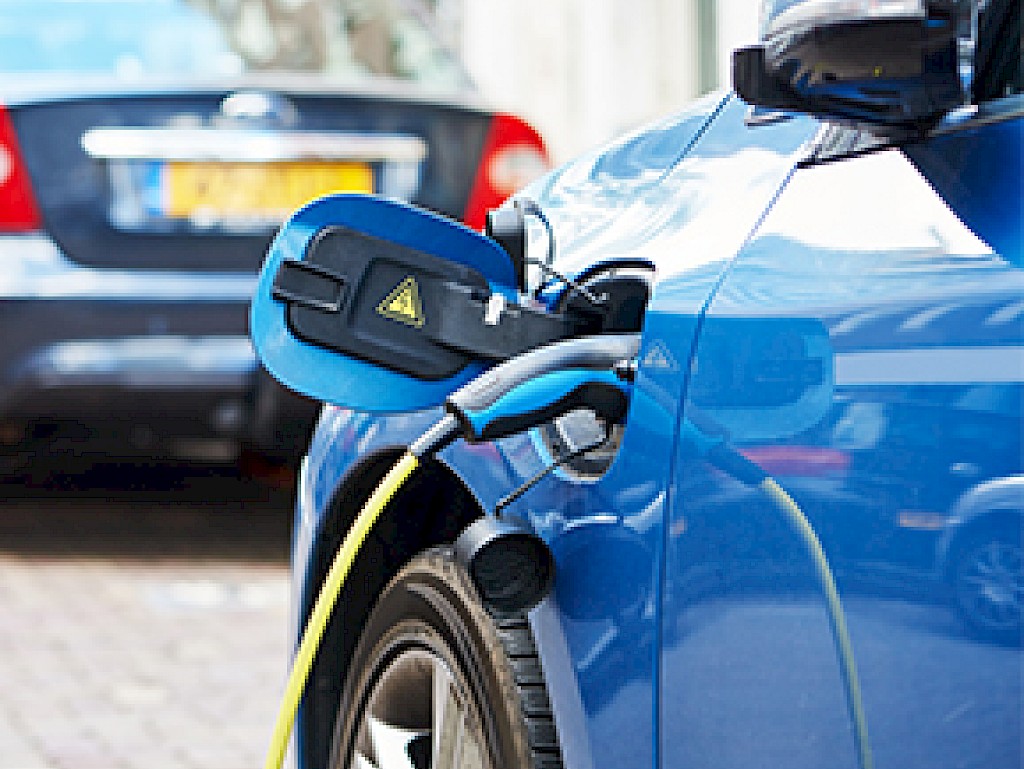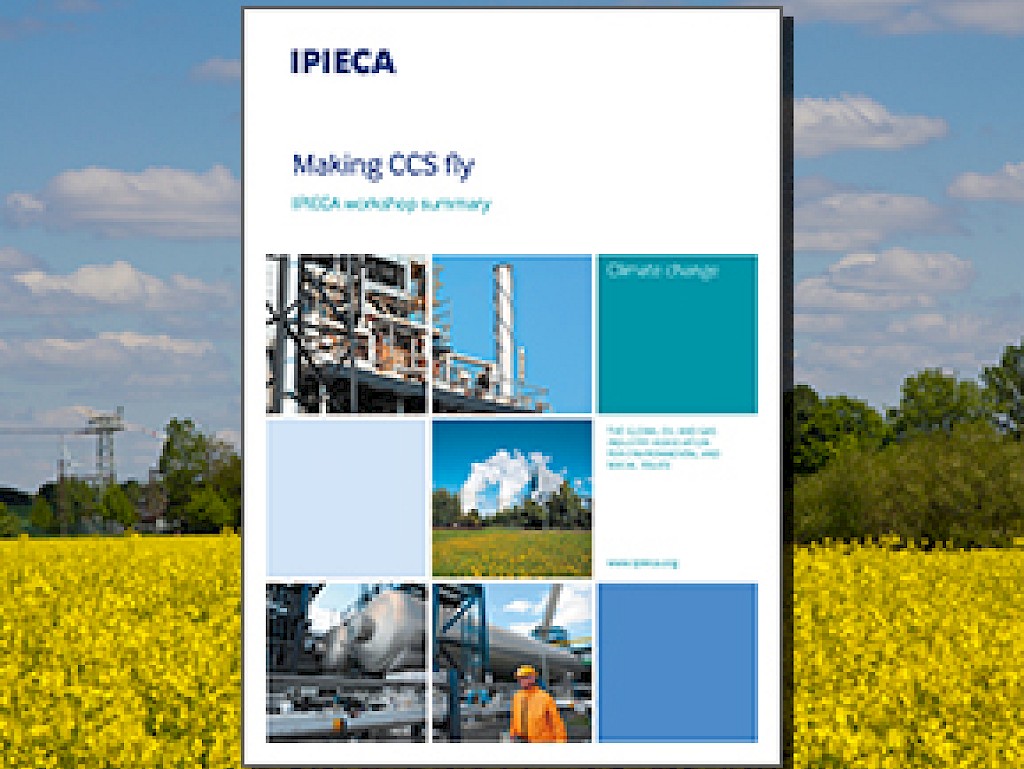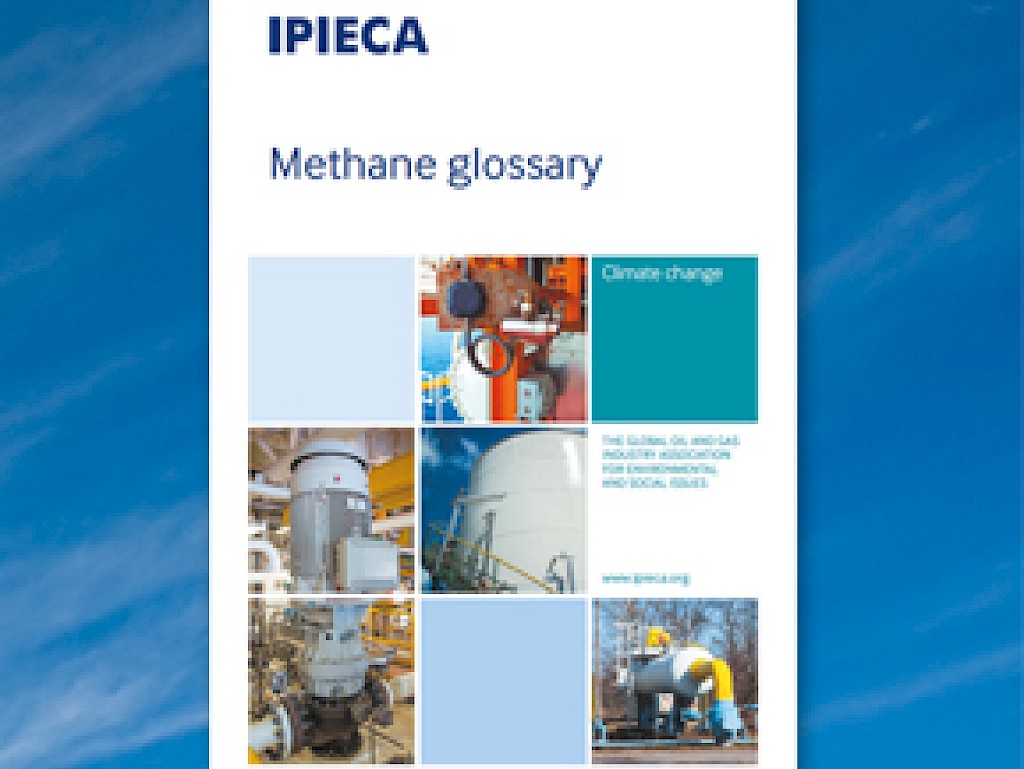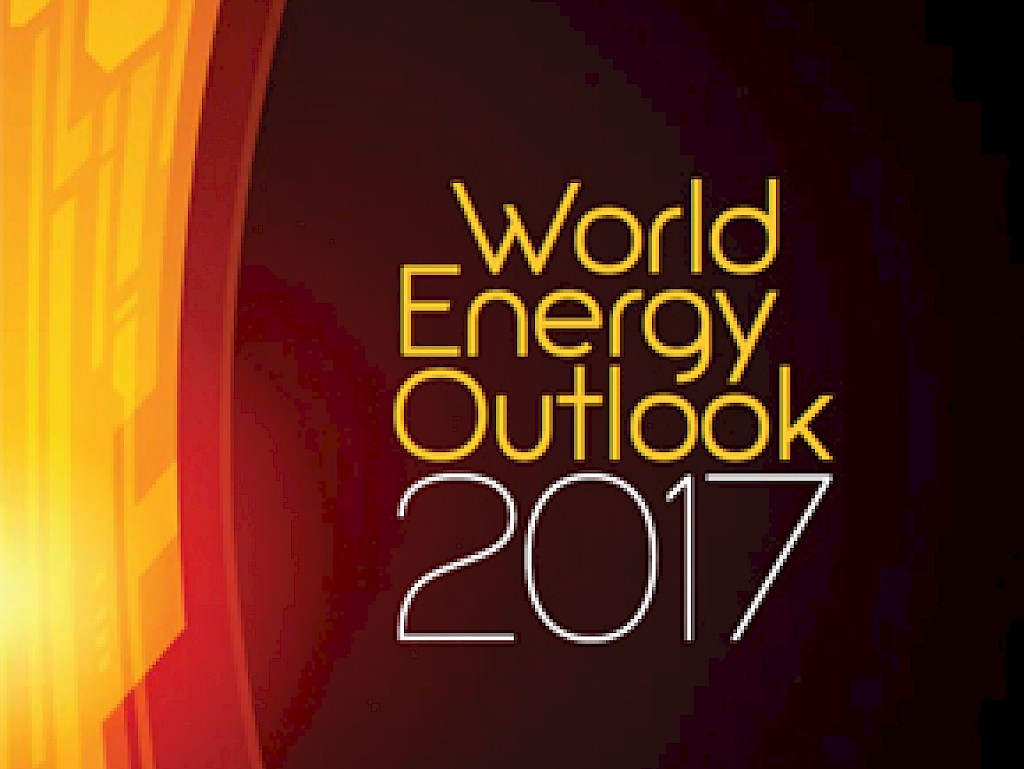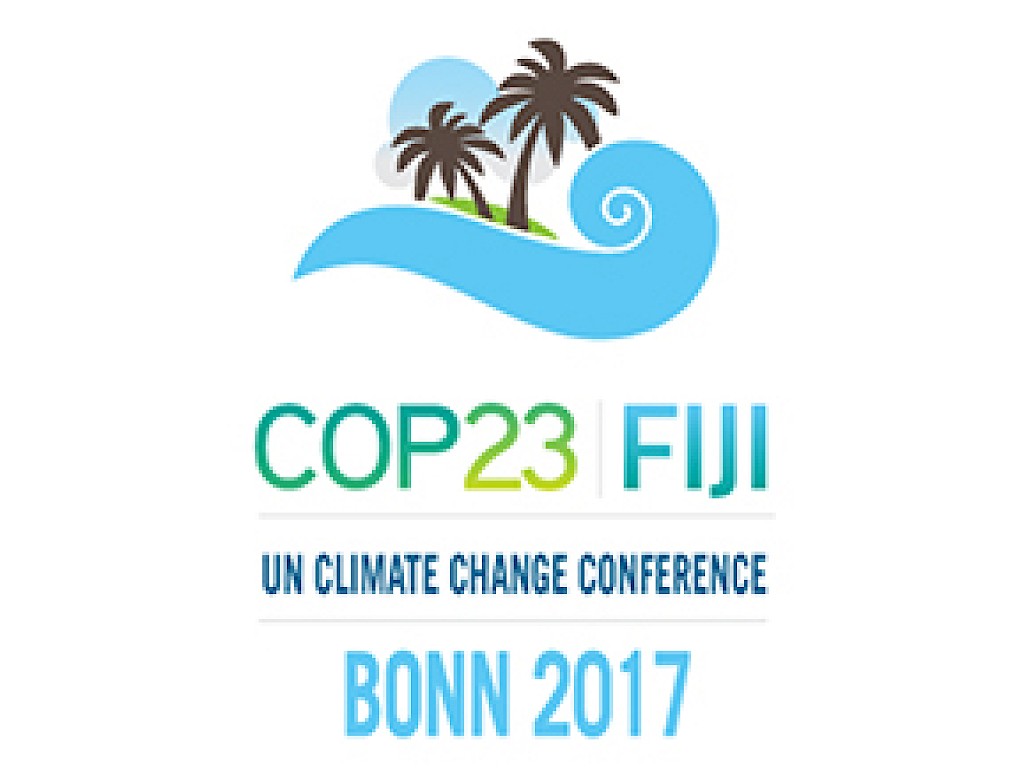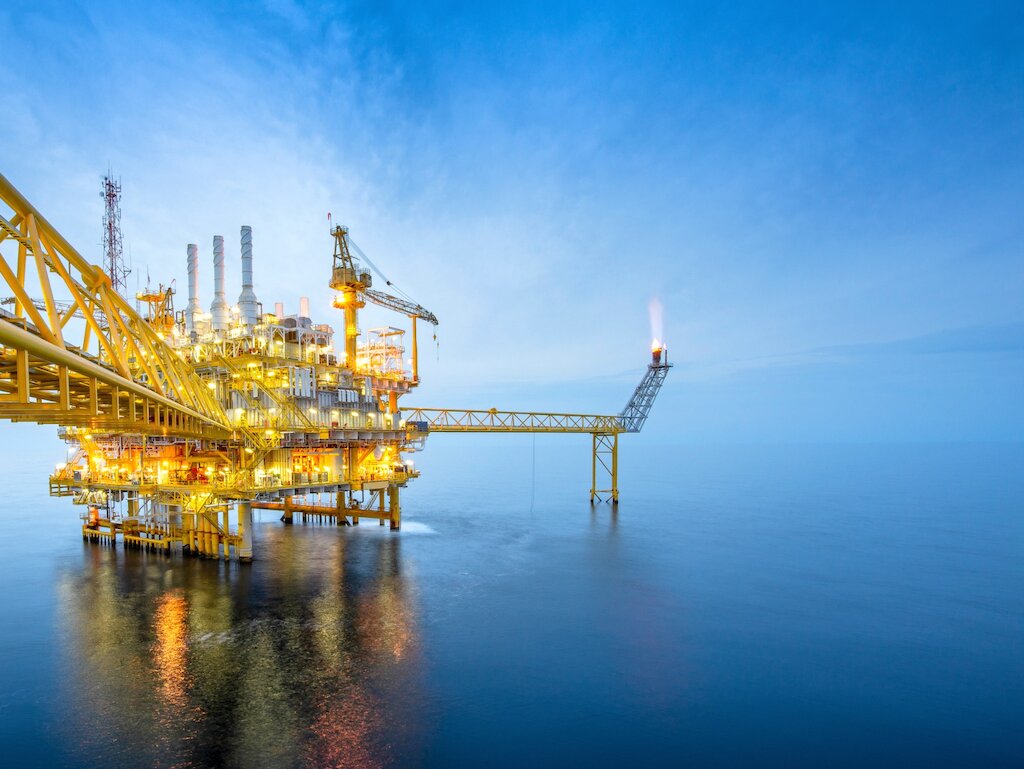
Responding to the continuous advancement of technology, this update expands the number of technologies included in the joint Ipieca-IOGP-OGCI- Energy Institute guidance and online technology filtering tool.
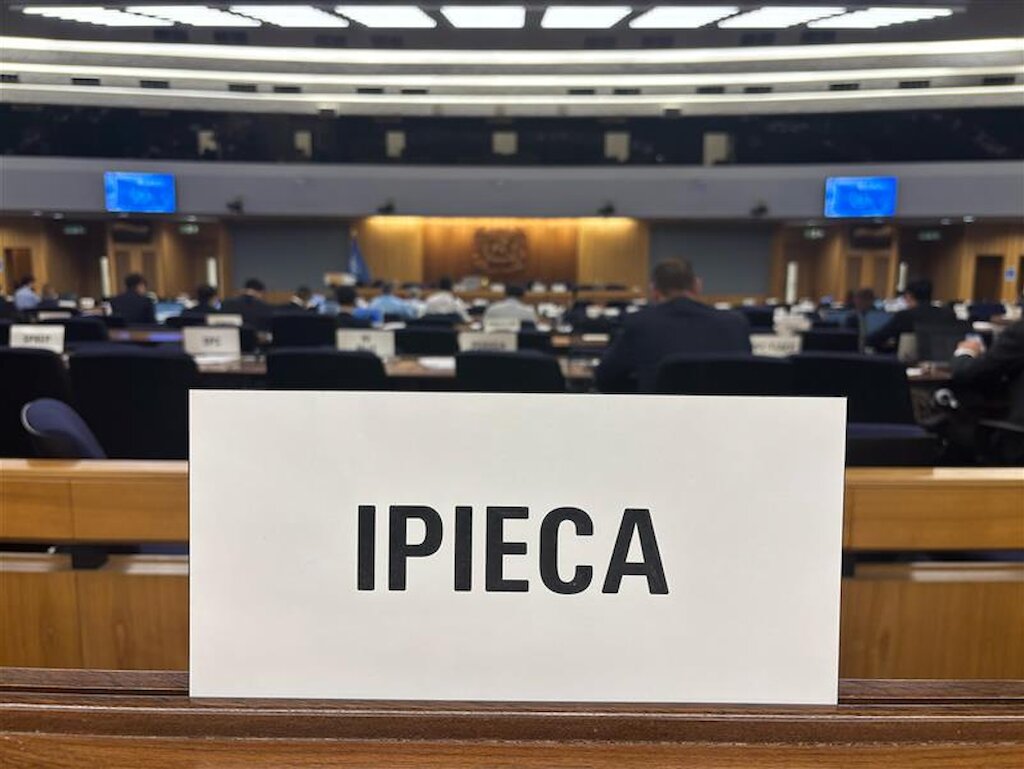
The IMO Marine Environment Protection Committee (MEPC) met for its 83rd session in person at IMO Headquarters in London where it approved the IMO Net-zero Framework, the first in the world to combine mandatory emissions limits and GHG pricing across an entire industry sector.
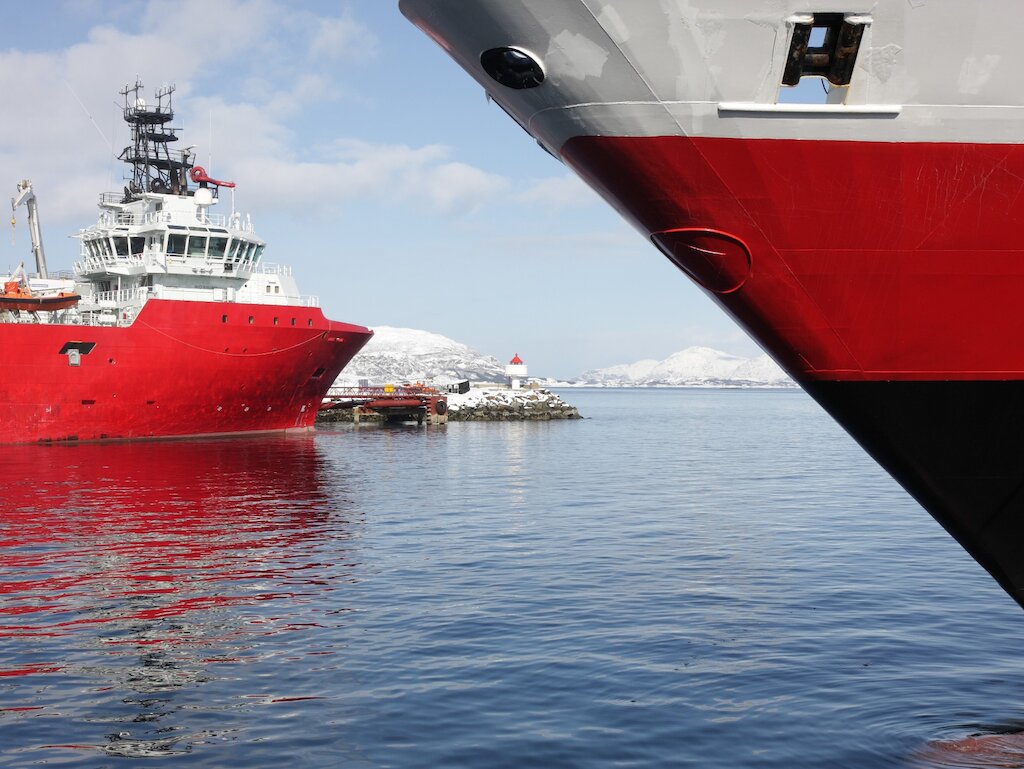
26 September is World Maritime Day 2024. This year’s theme ‘Navigating the future: safety first’ reflects the IMO's work to enhance maritime safety and security, in tandem with the protection of the marine environment. The theme also provides the opportunity to focus on the safety implications arising from the introduction of alternative fuels including measures to reduce GHG emissions from ships.
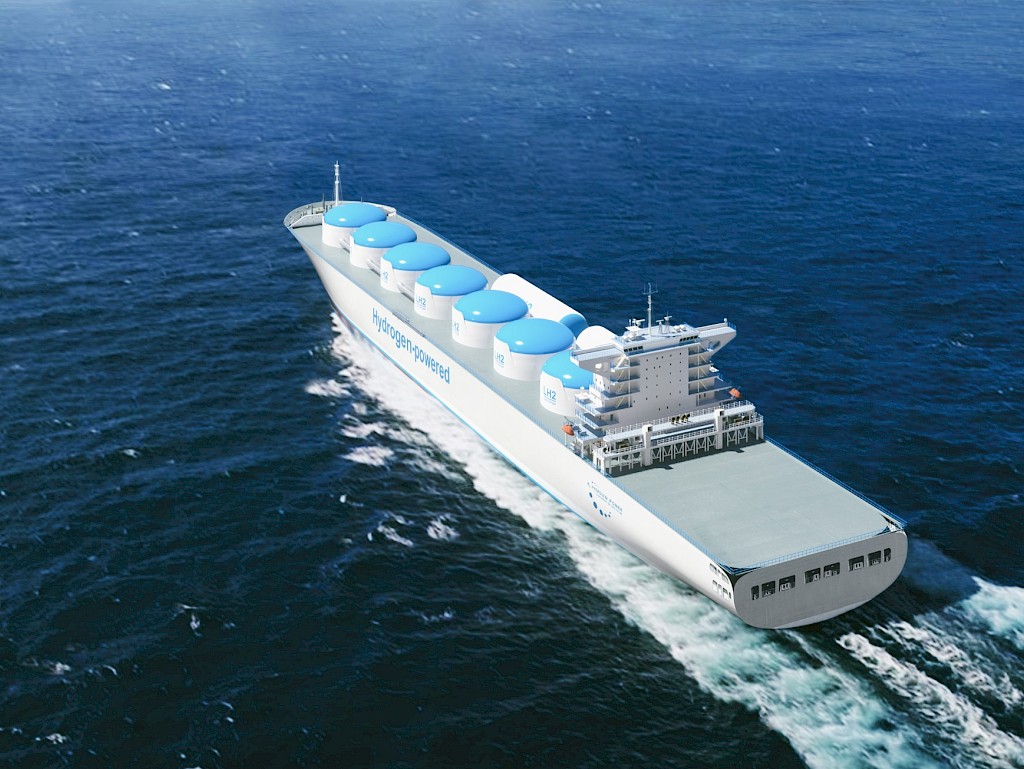
The website has been developed by the Future Fuels and Technology Project (FFT Project), a partnership project between IMO and the Republic of Korea, supporting the development of new regulation within the possible IMO Net-Zero Framework to achieve the targets contained in the 2023 IMO GHG strategy.
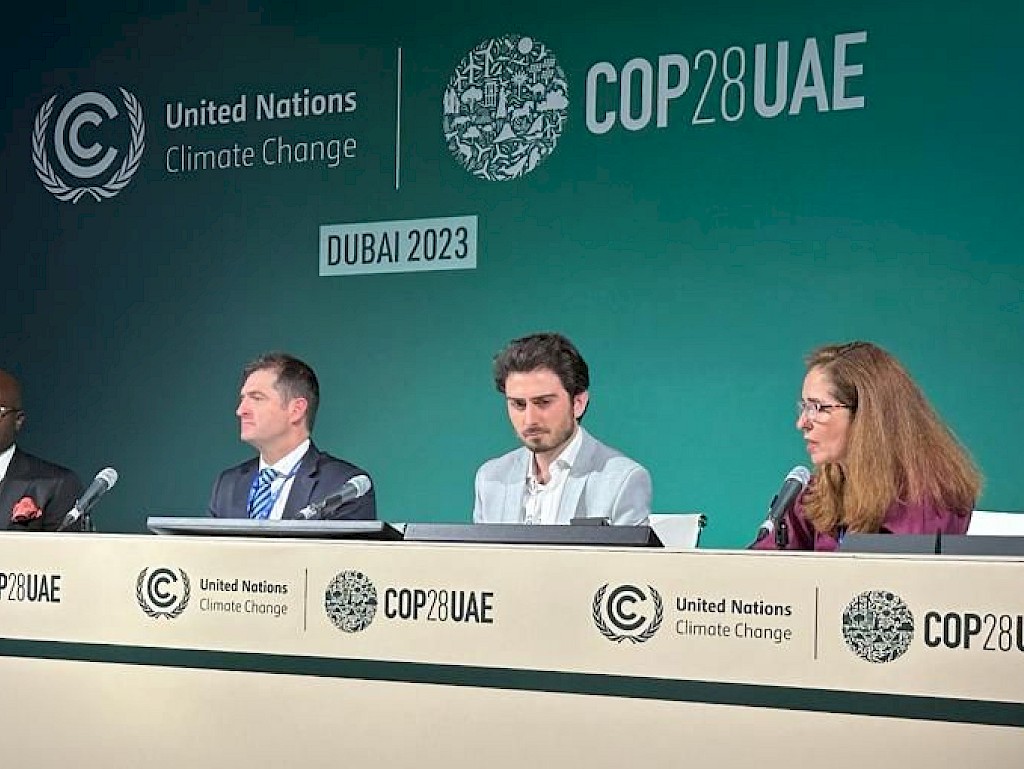
As part of its support of COP events and the Paris Agreement, and in line with the Ipieca Principles, Ipieca raises awareness of COP outcomes, shares on the ground learnings and insights, and produces practical guidance and tools to support the industry contribute to achieving COP objectives.

The new awareness briefing builds a shared understanding of carbon-compensated products, their role in supporting net-zero ambitions and the energy transition, and explores good practice in using them.
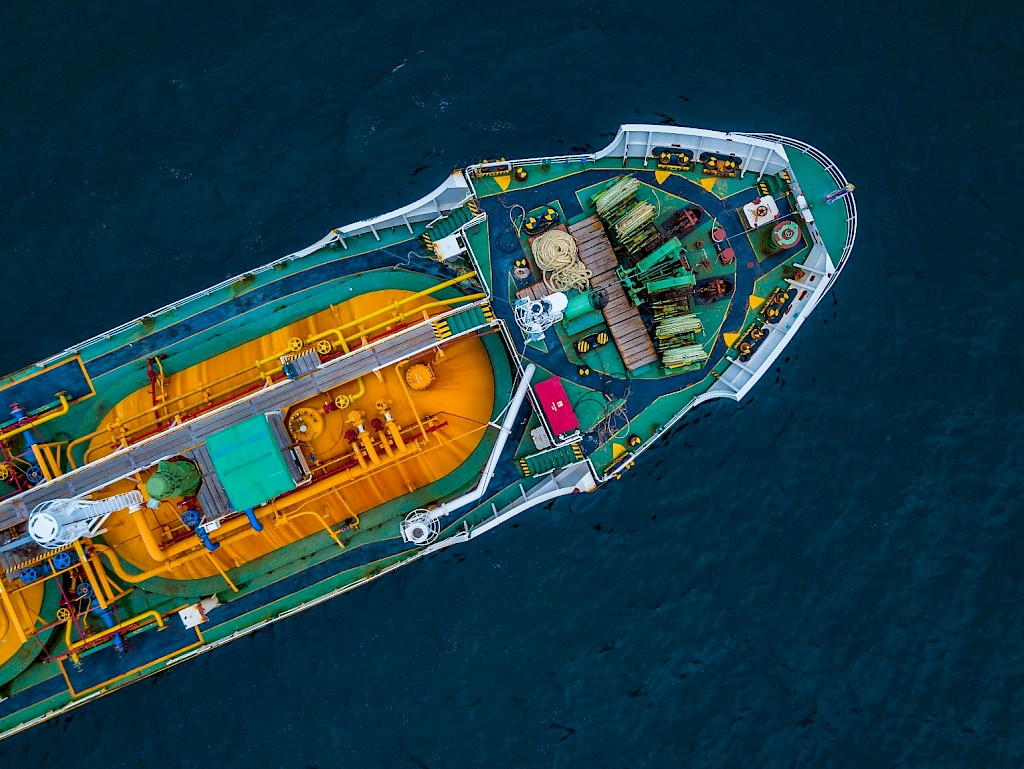
This year's theme, 'MARPOL at 50 - our commitment goes on', reflects the organization's history of protecting the environment from the impact of shipping. Ipieca works to support MARPOL through a range of expertise around technologies, GHG emissions reduction, marine spill preparedness and response, health and safety.
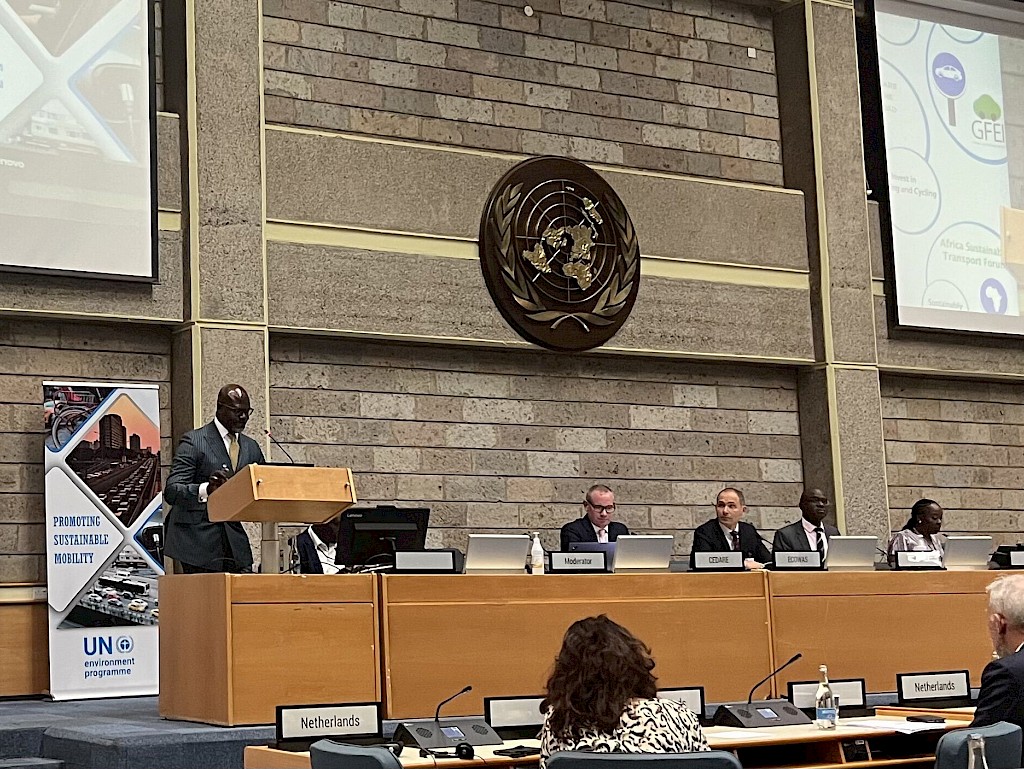
Hosted by UN Environment Programme (UNEP) and the Netherlands government, this meeting was aimed at finding ways to support Africa to adopt low sulphur fuels, in line with the UNEP hosted Partnership for Clean Fuels and Vehicles (PCFV) focus to reduce sulphur in petrol and diesel fuel to 50 parts per million (ppm) and below in the Global South. With an increasing vehicle population to meet rising mobility needs in the continent, many African cities are recording poor air quality.
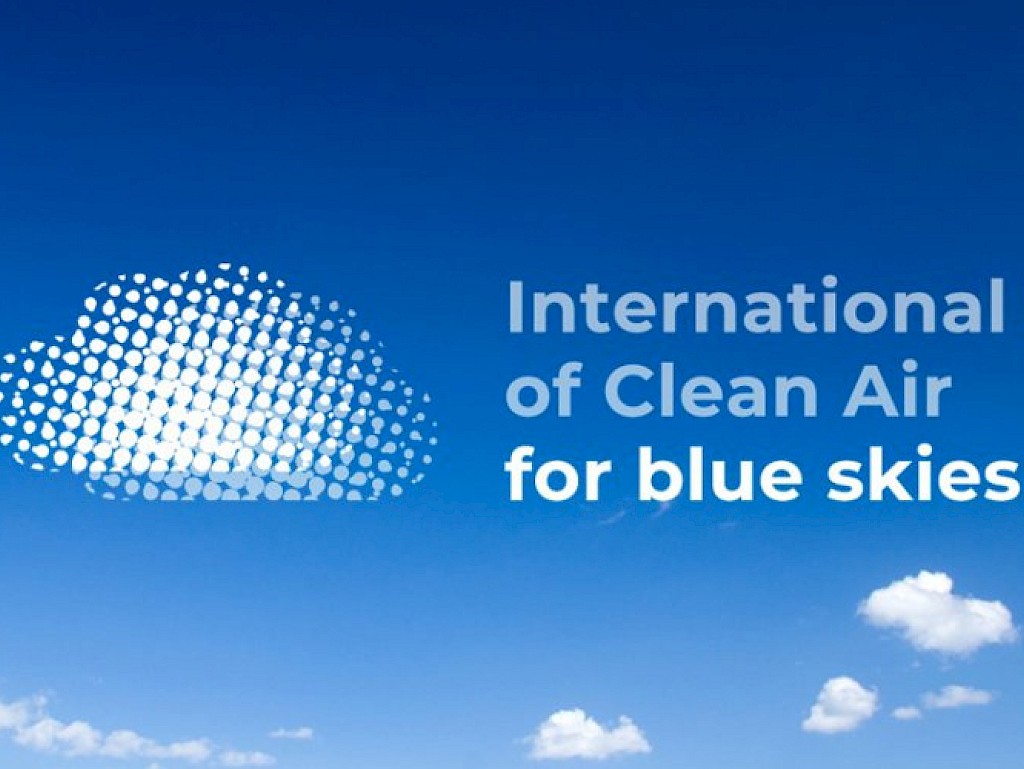
The theme of this year's International Day of Clean Air for Blue Skies is 'The Air we share'. It highlights the need for collective action to tackle air pollution. Ipieca supports international efforts to improve air quality in a number of ways.
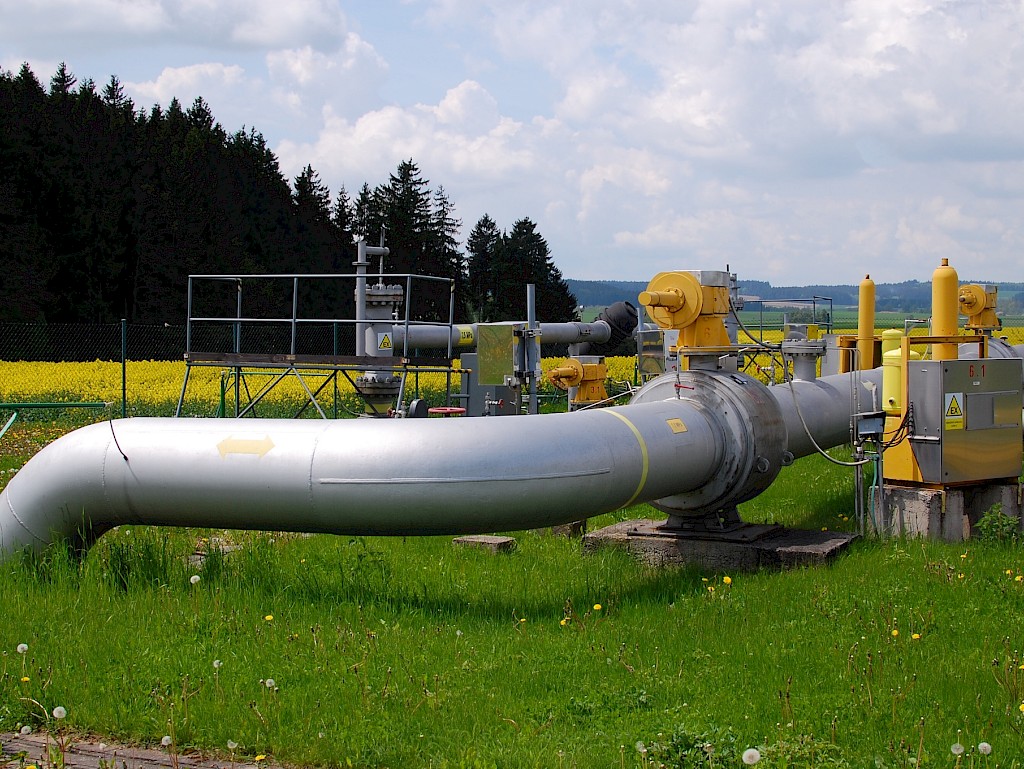
OGCI, IOGP and Ipieca have launched a joint project to develop a common set of recommended practices for methane emissions detection and quantification technologies, applicable to the upstream oil and gas industry.
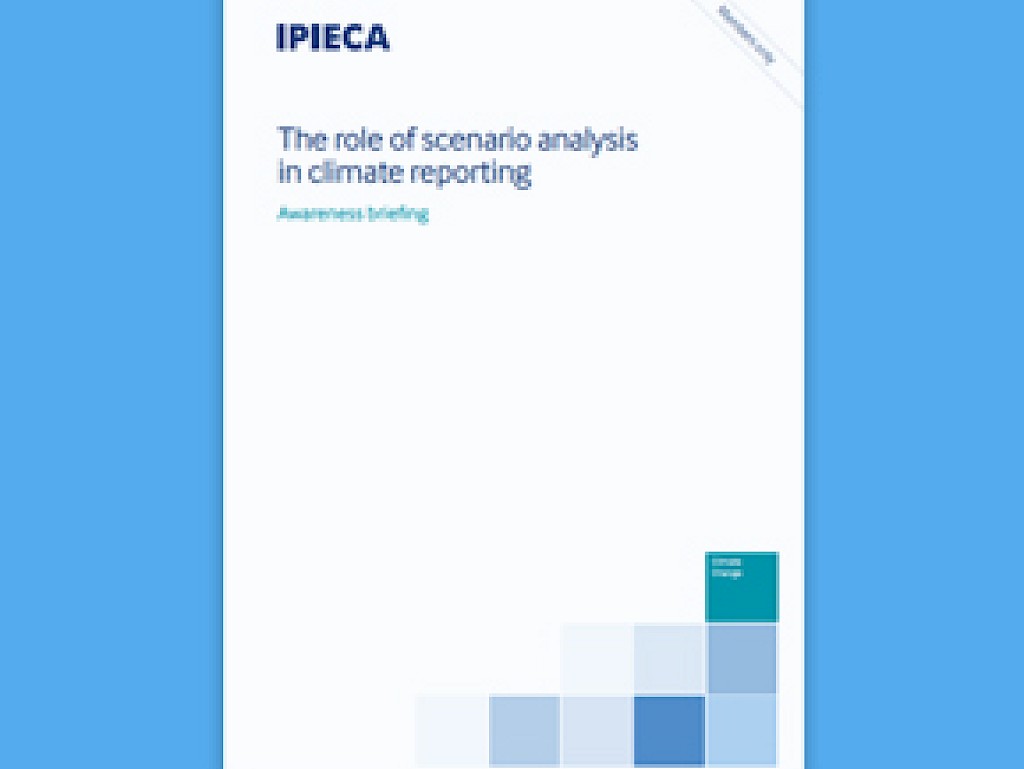
Ipieca has released a members' only awareness briefing, The role of scenario analysis in climate reporting. Recently, there has been an increasing focus on the use of scenario analysis as a tool to aid corporate disclosure of climate-related risks and opportunities (for example, the recommendations of the Task Force on Climate-related Financial Disclosures (TCFD) or the proposed 2018 CDP questionnaire).
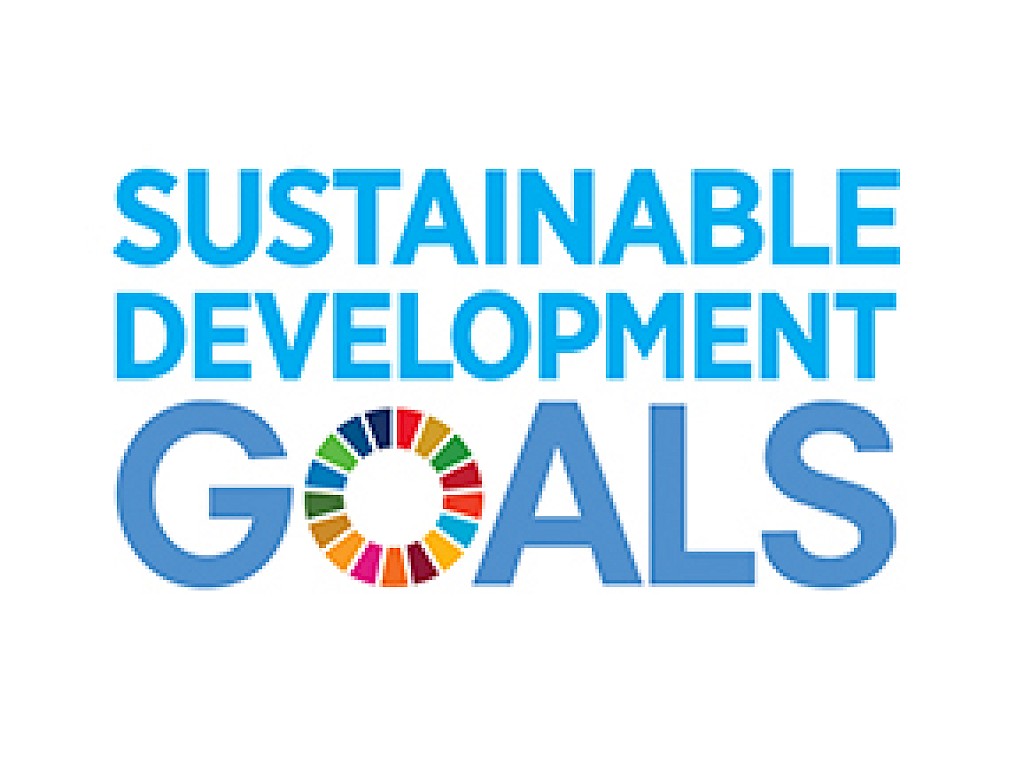
The 2030 Agenda and its Sustainable Development Goals (SDGs) provide a common global framework for navigating the world's most urgent economic, social, and environmental challenges. While governments have the primary responsibility to prioritize, coordinate and implement efforts to meet the SDGs, there is wide recognition that the private sector and civil society will play critical roles in the implementation of national plans.
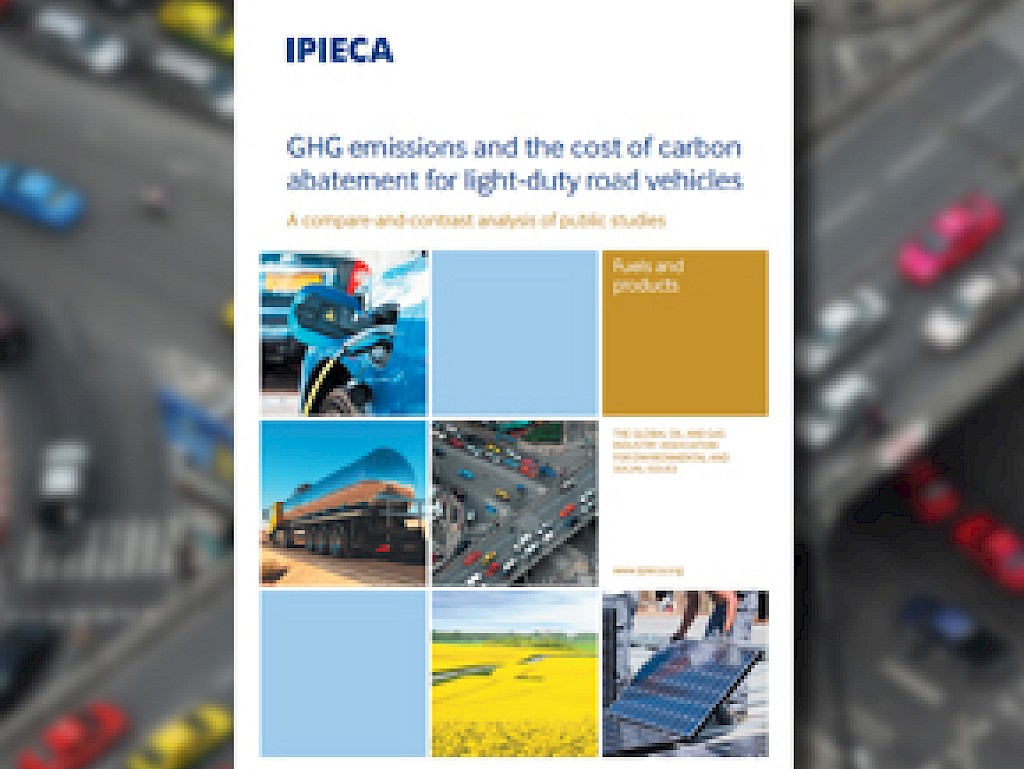
Ipieca launches a new report -GHG emissions and cost of carbon abatement for light-duty road vehicles- a compare and contrast analysis of three comprehensive and independent studies published in the United States and Europe. Measures to lower greenhouse gas (GHG) emissions are being deployed around the world to reduce the risks posed by climate change. This report assesses a wide range of current and future vehicle/fuel pathways, including costs and complete lifecycle GHG emissions.
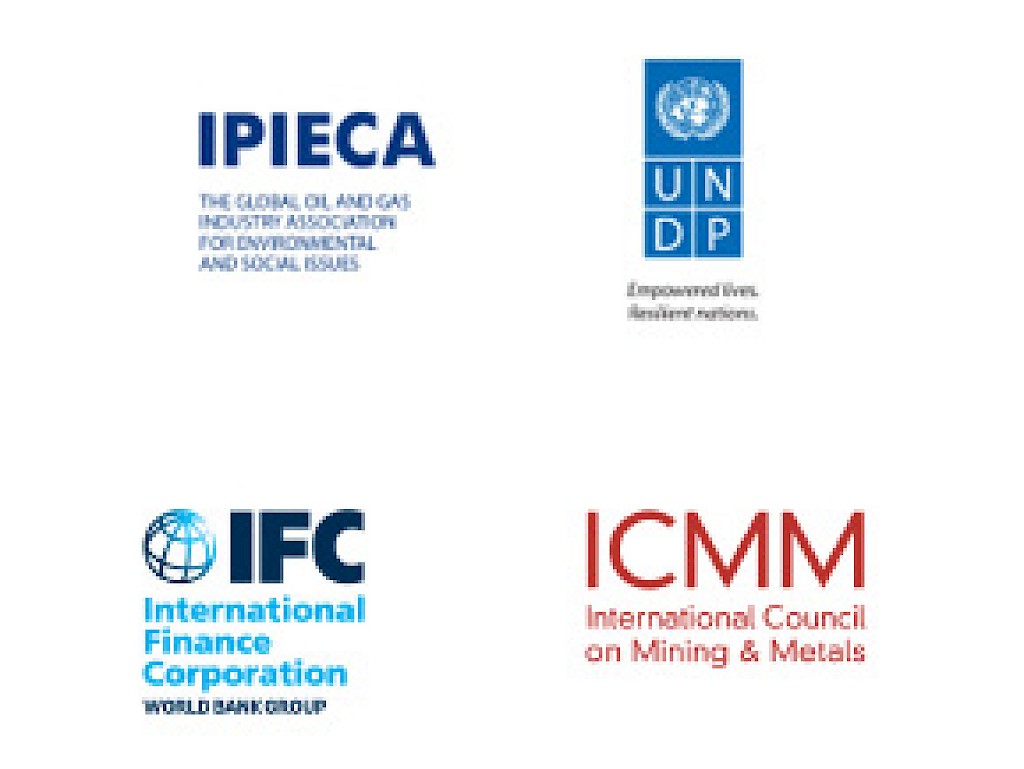
A joint UNDP, IFC, Ipieca and ICMM side event summaryOn Wednesday, 20th of September, UNDP, IFC, Ipieca and ICMM co-hosted an event at the sidelines of the 72nd Regular Session of the United Nations General Assembly in New York.

On Wednesday 20 September, Ipieca co-hosted an event with UNDP, IFC, and ICMM - The Oil, Gas and Mining Industries and the 2030 Agenda: Partnerships and Participation to Accelerate Progress. The event was held alongside the 72nd Regular Session of the United Nations General Assembly in New York.
